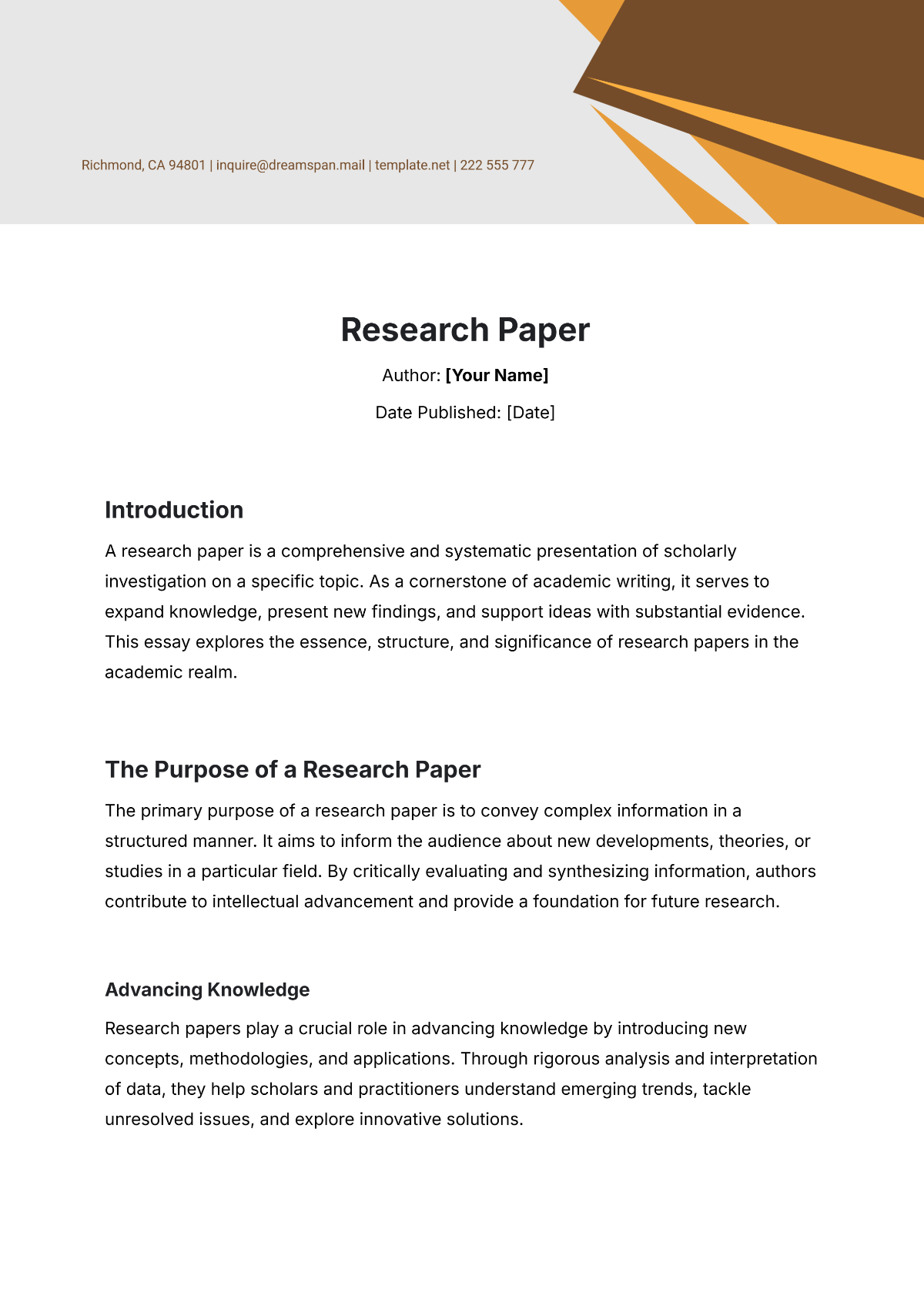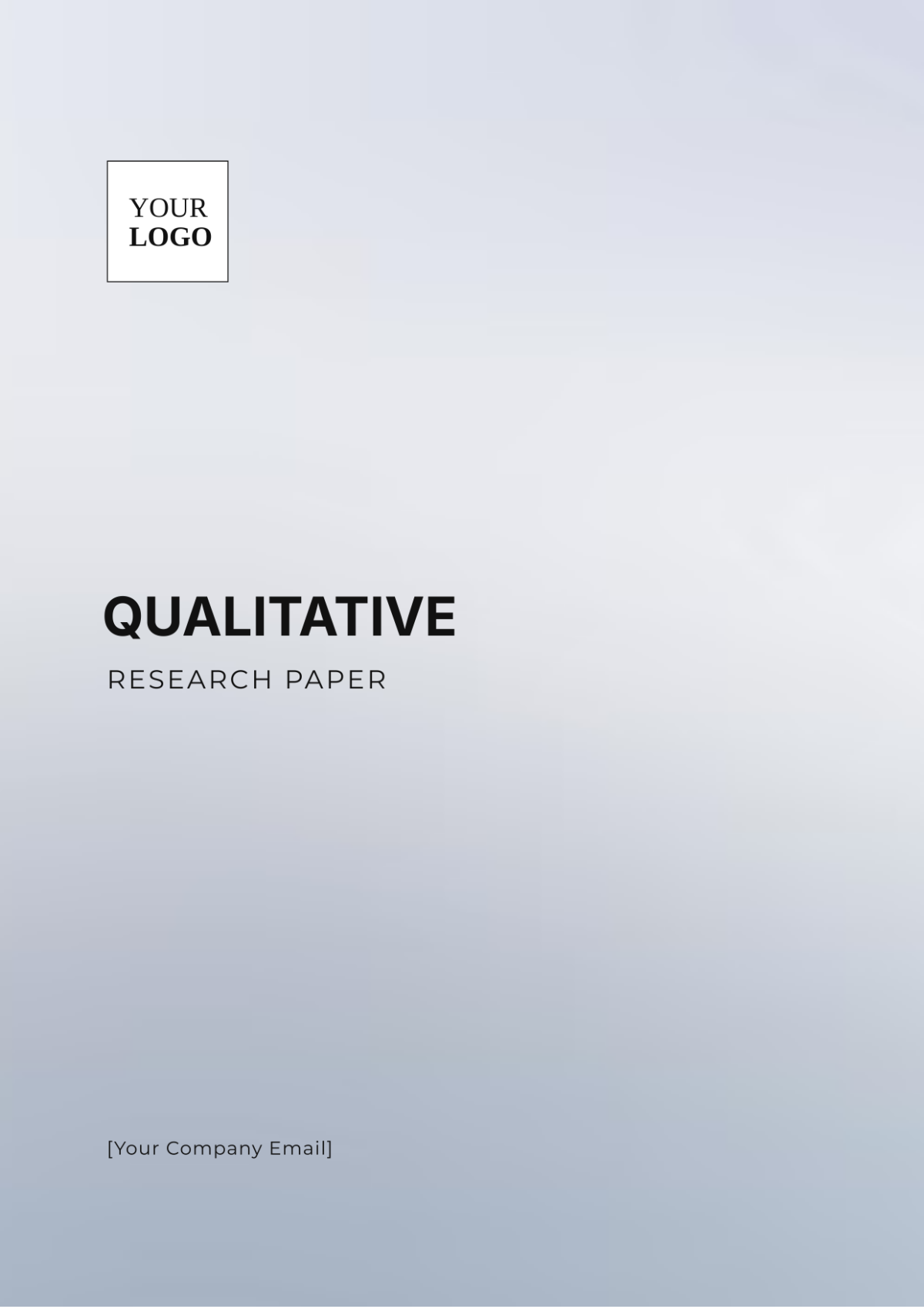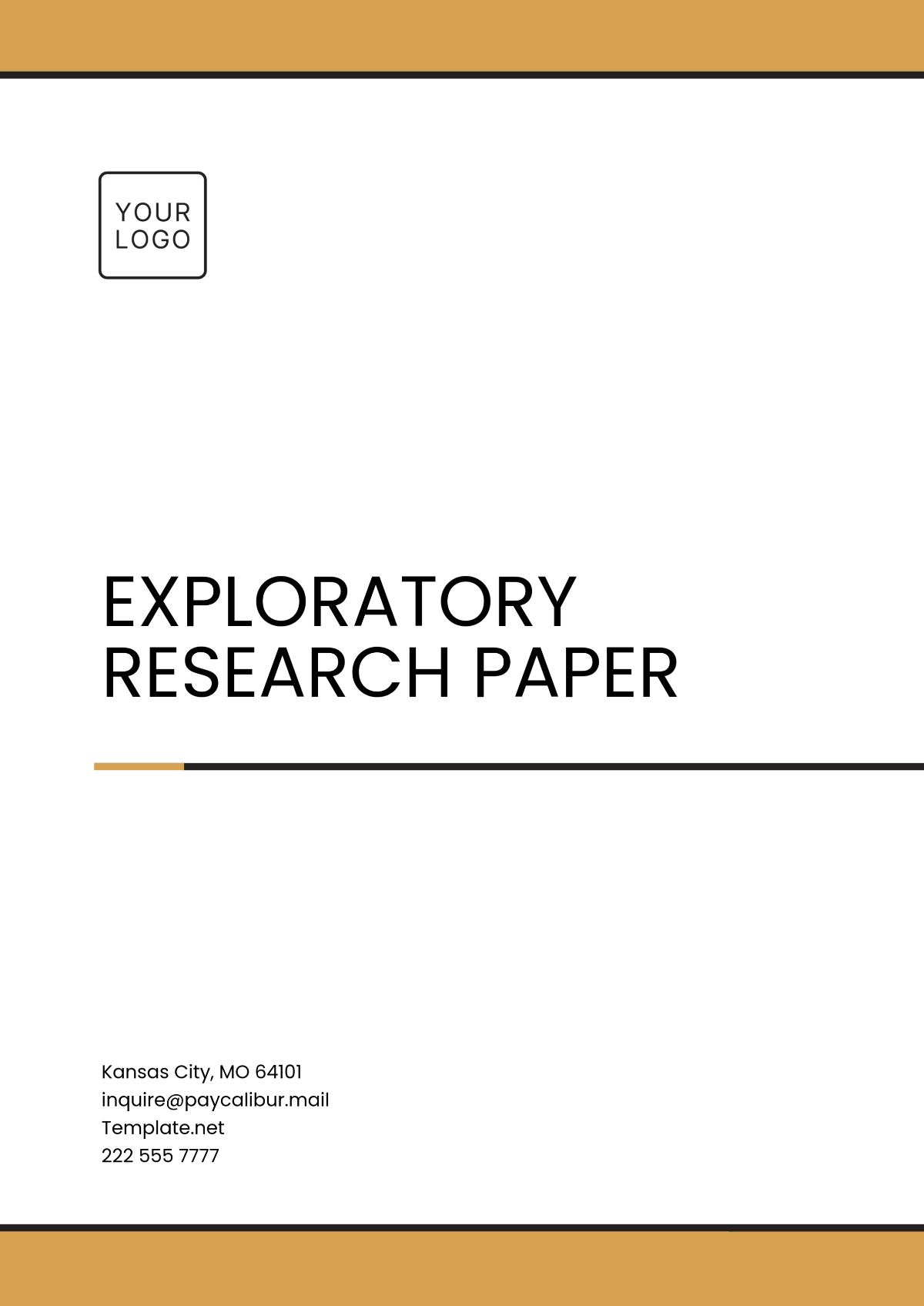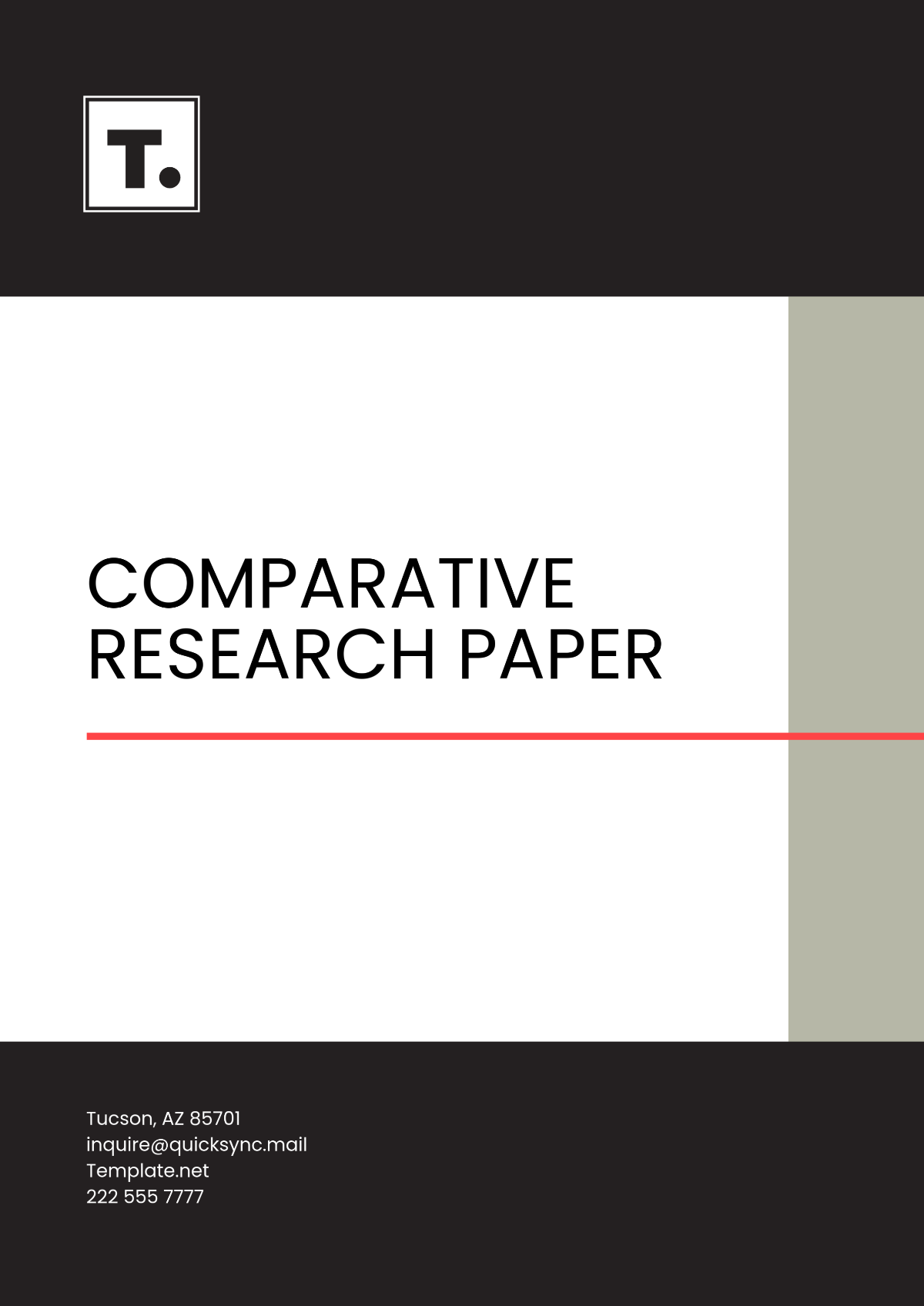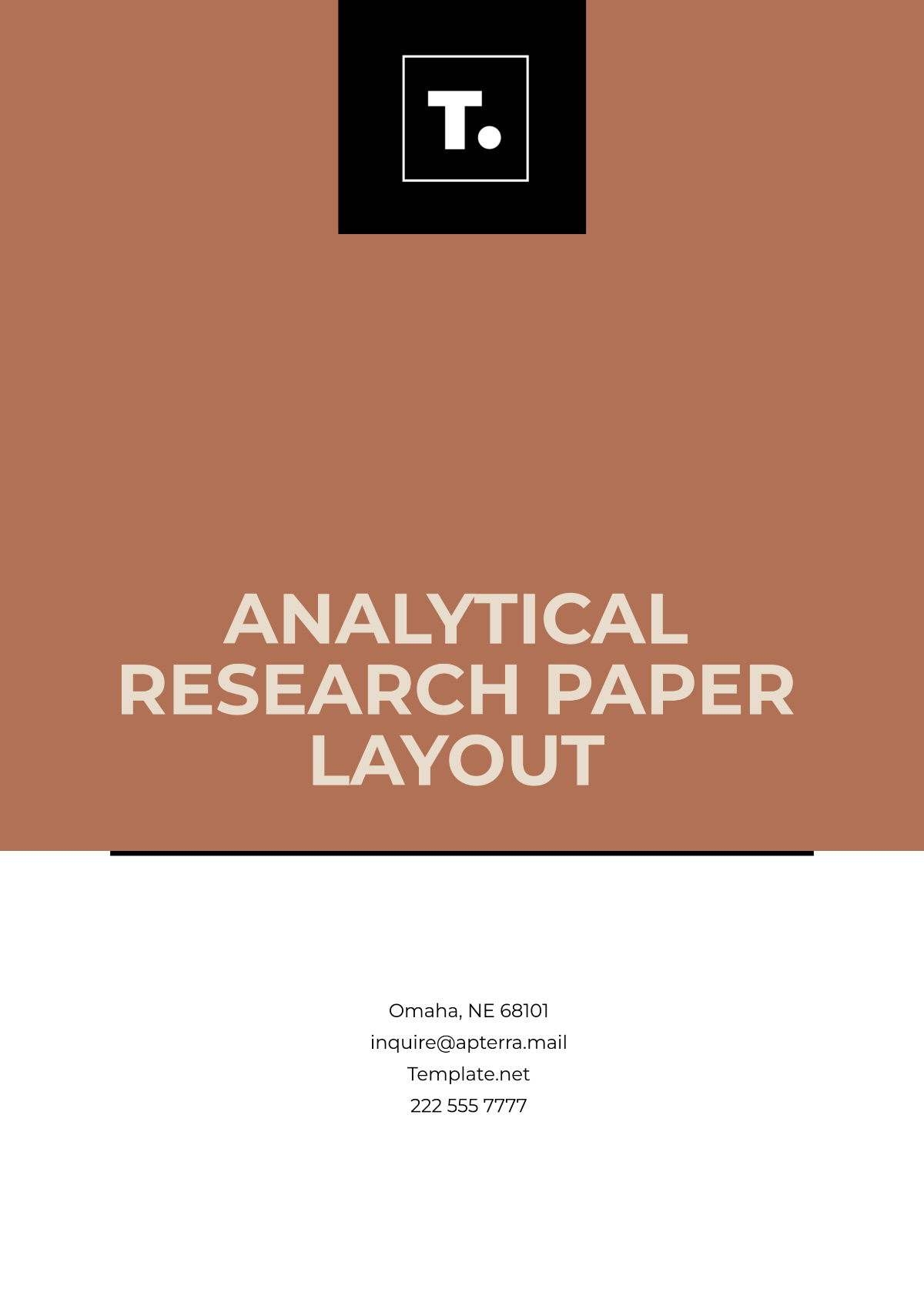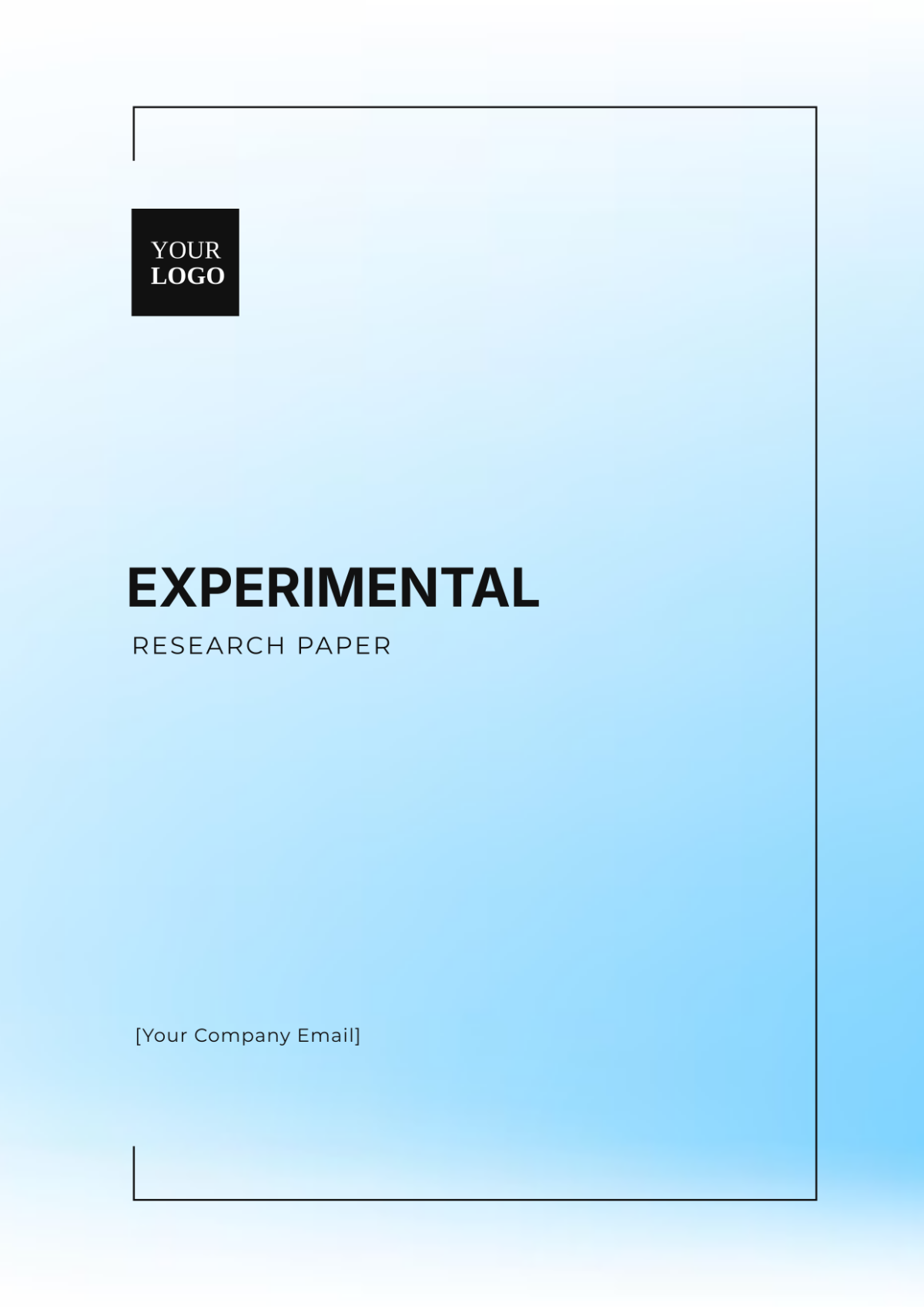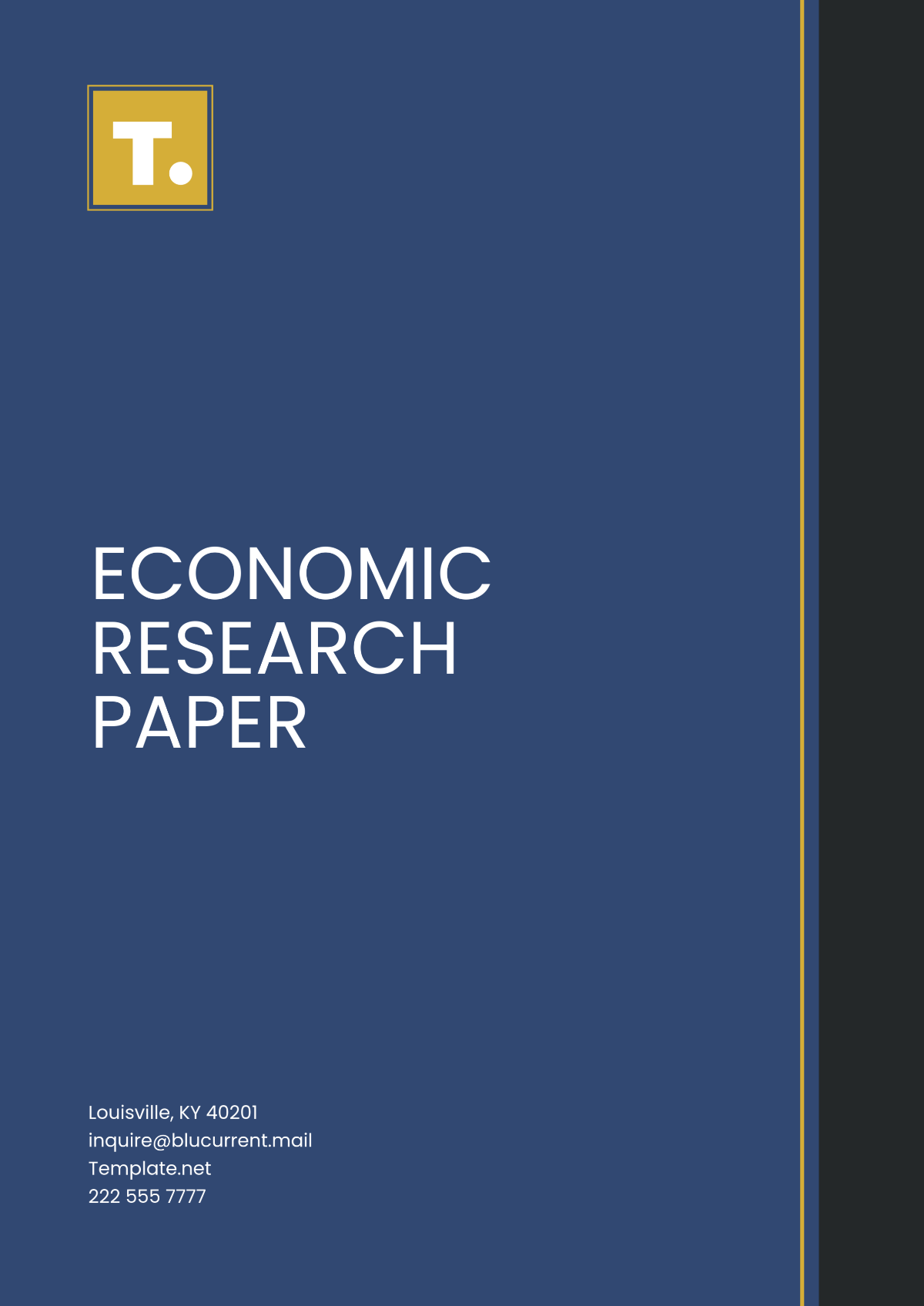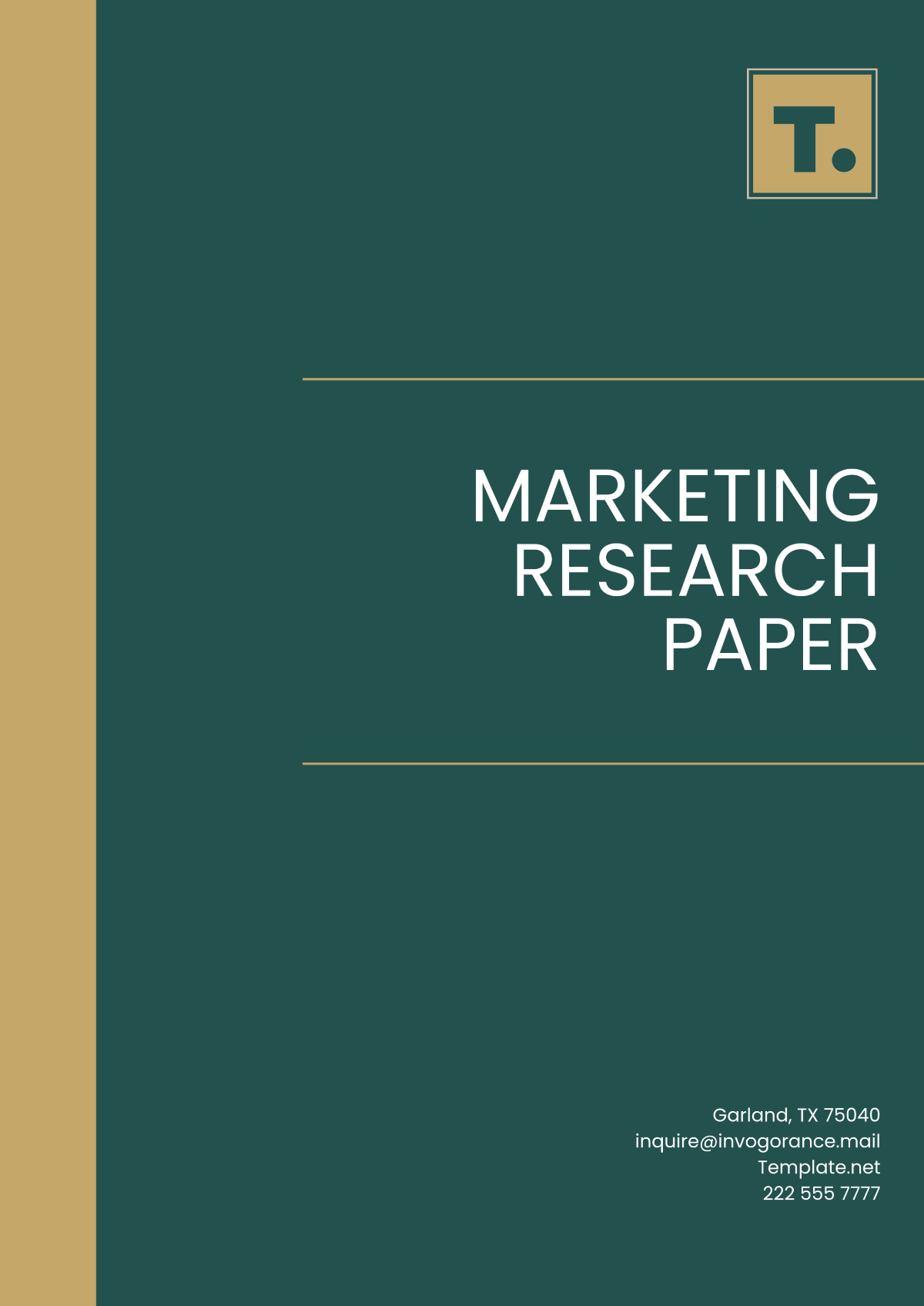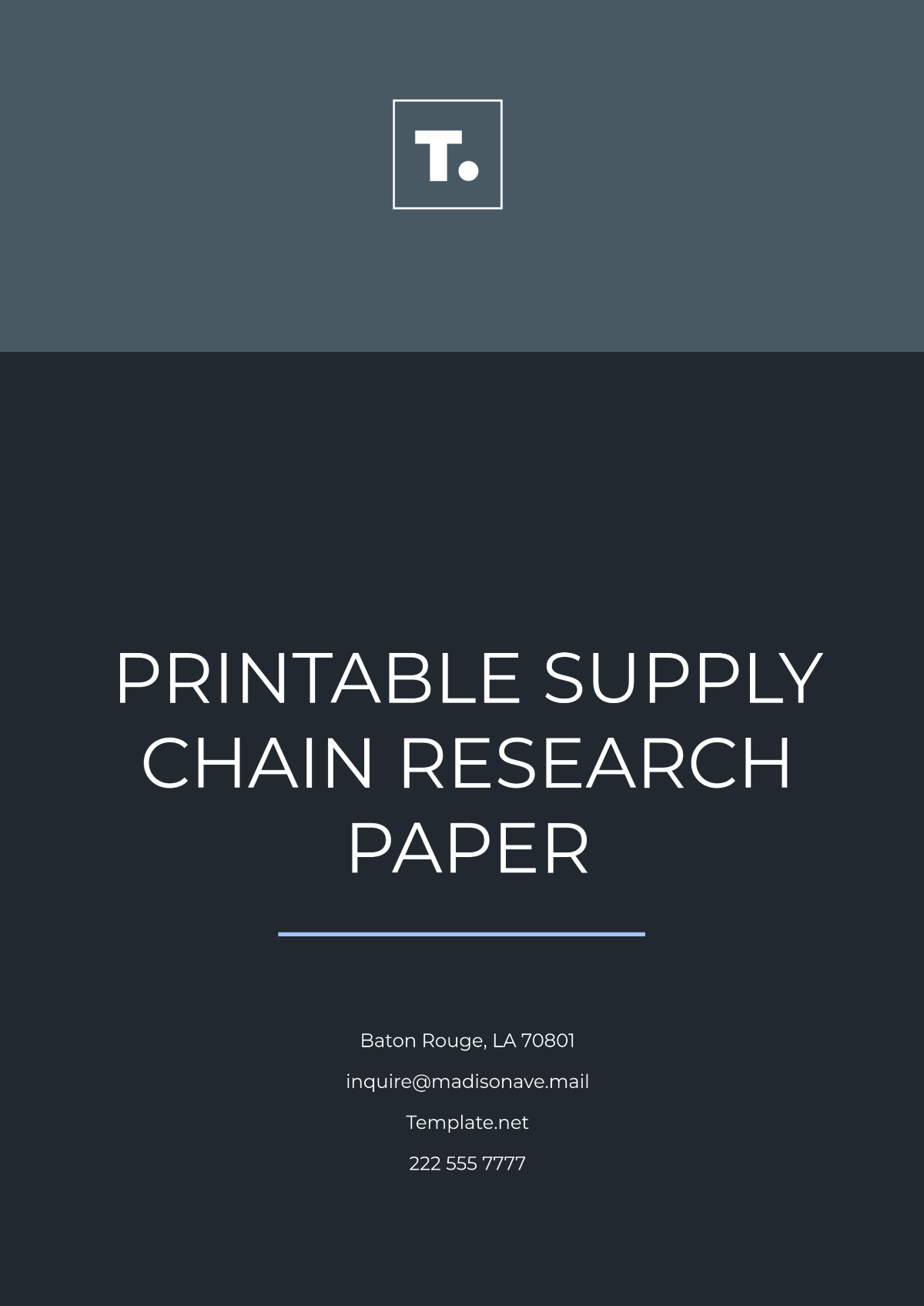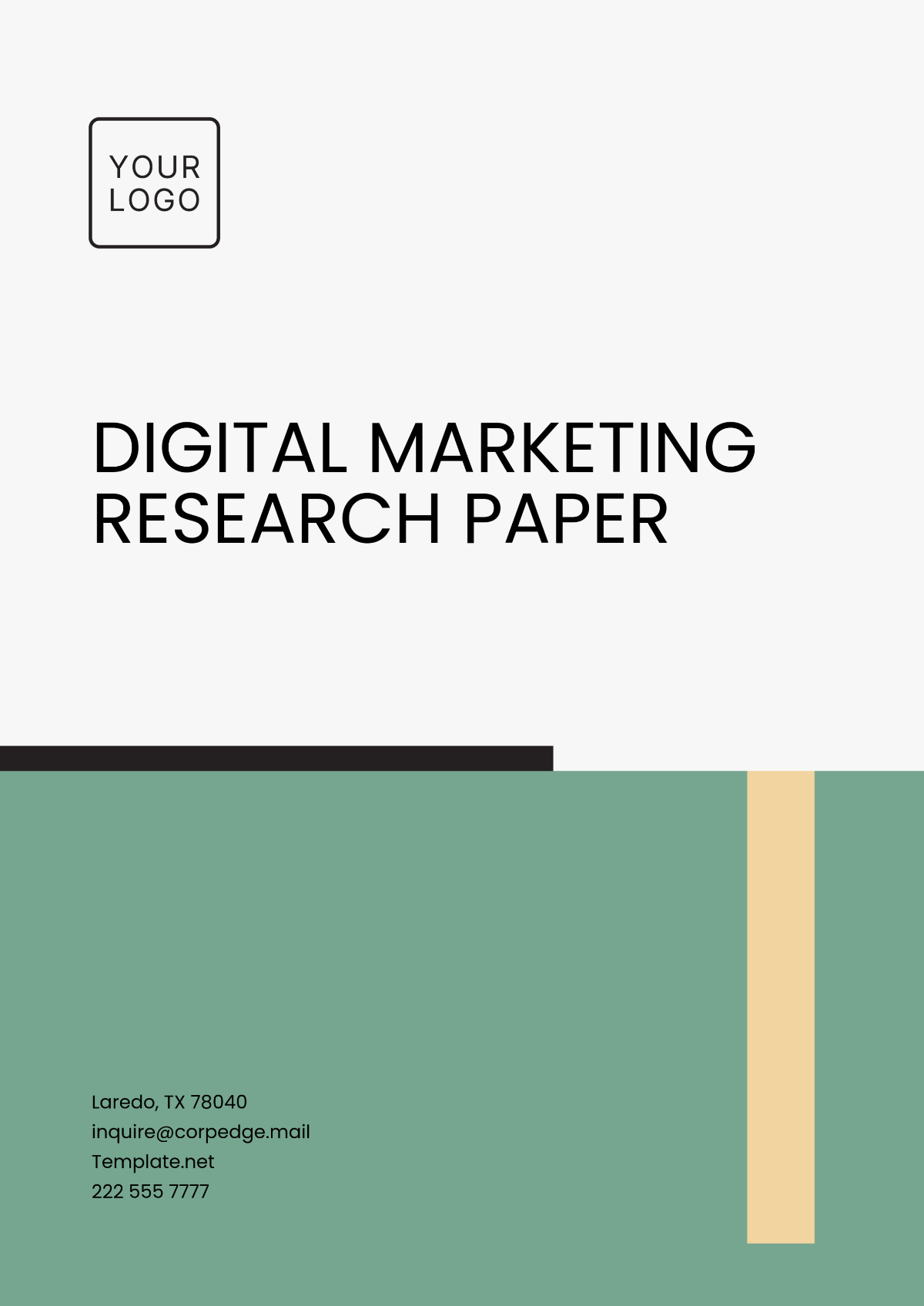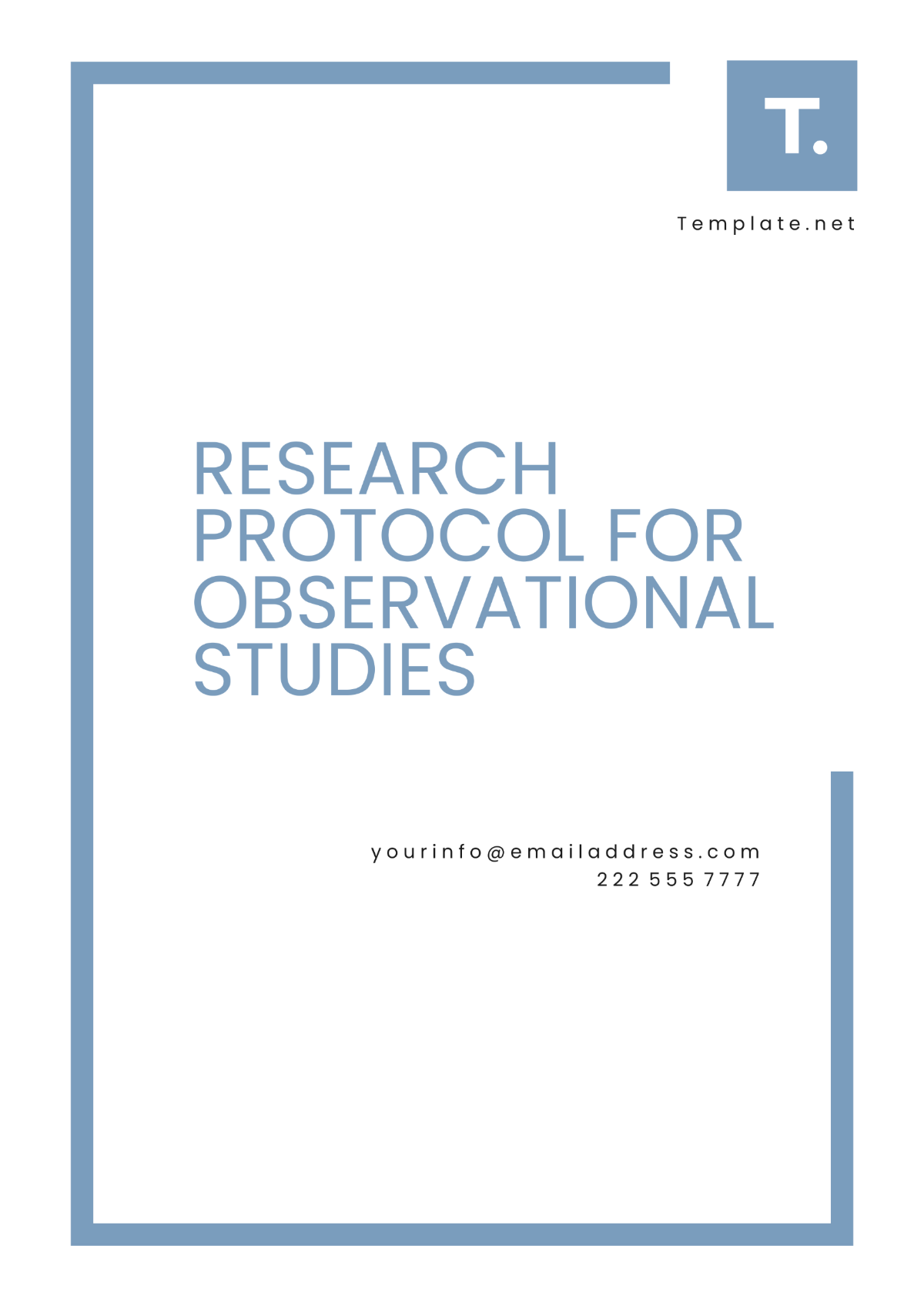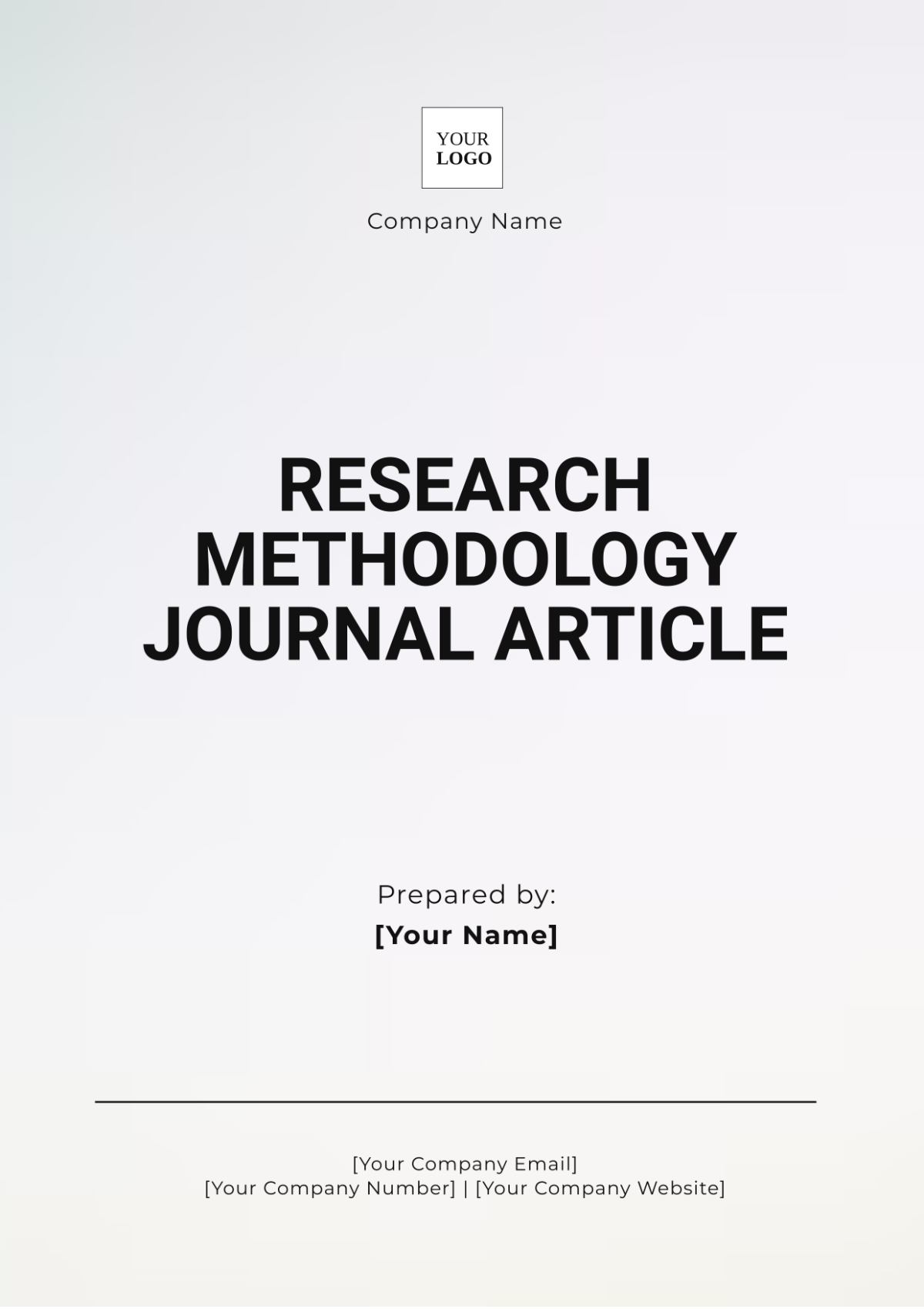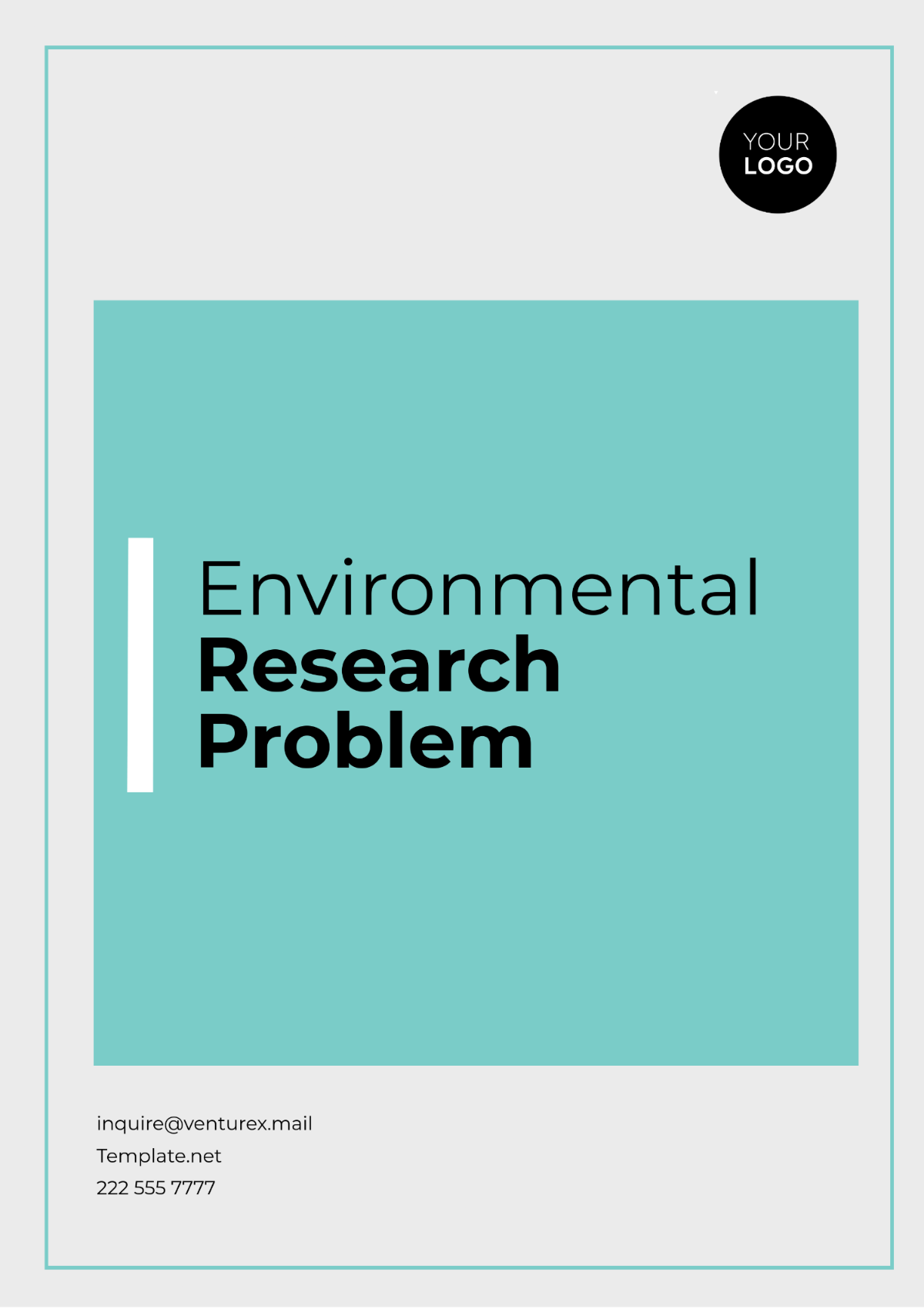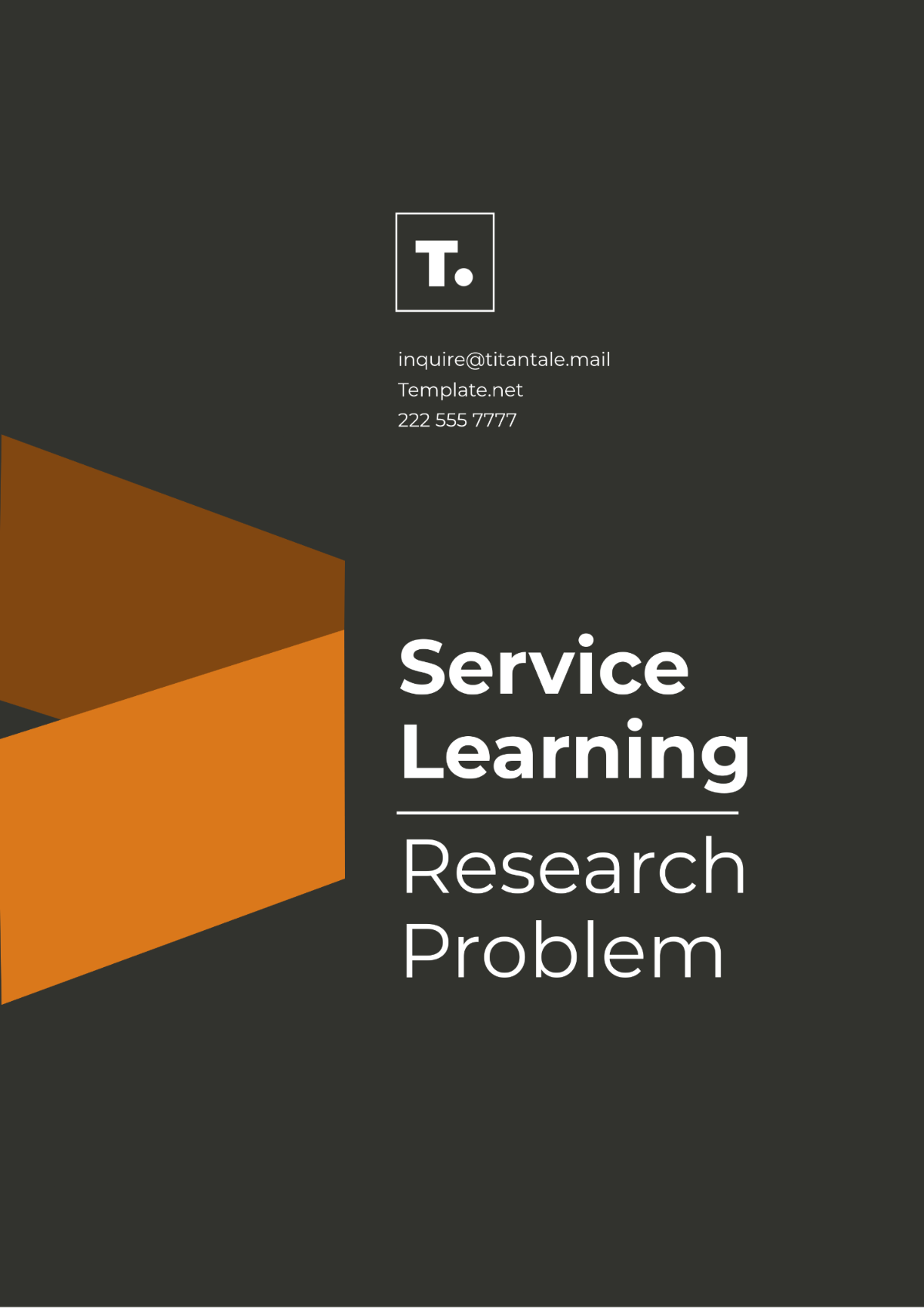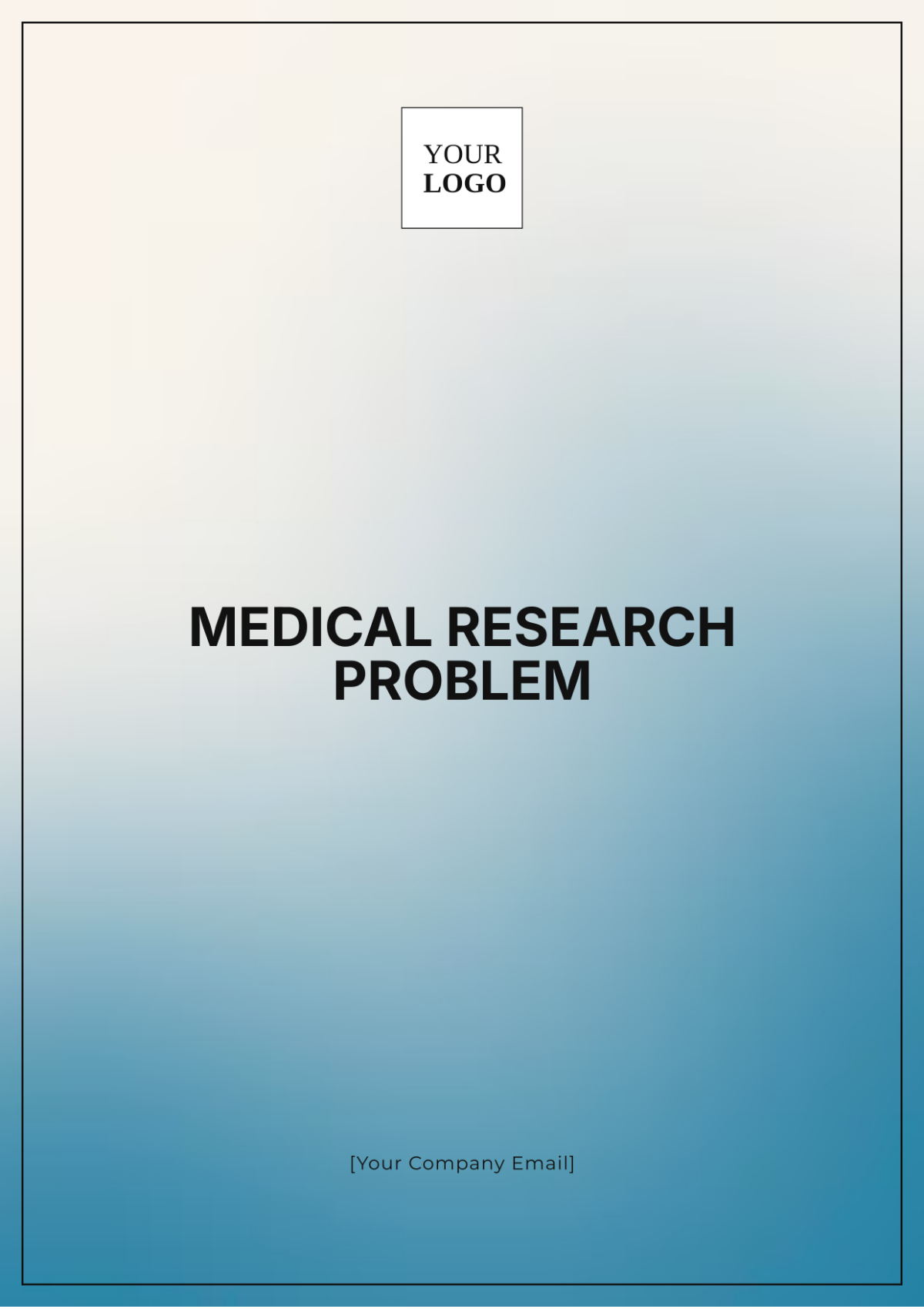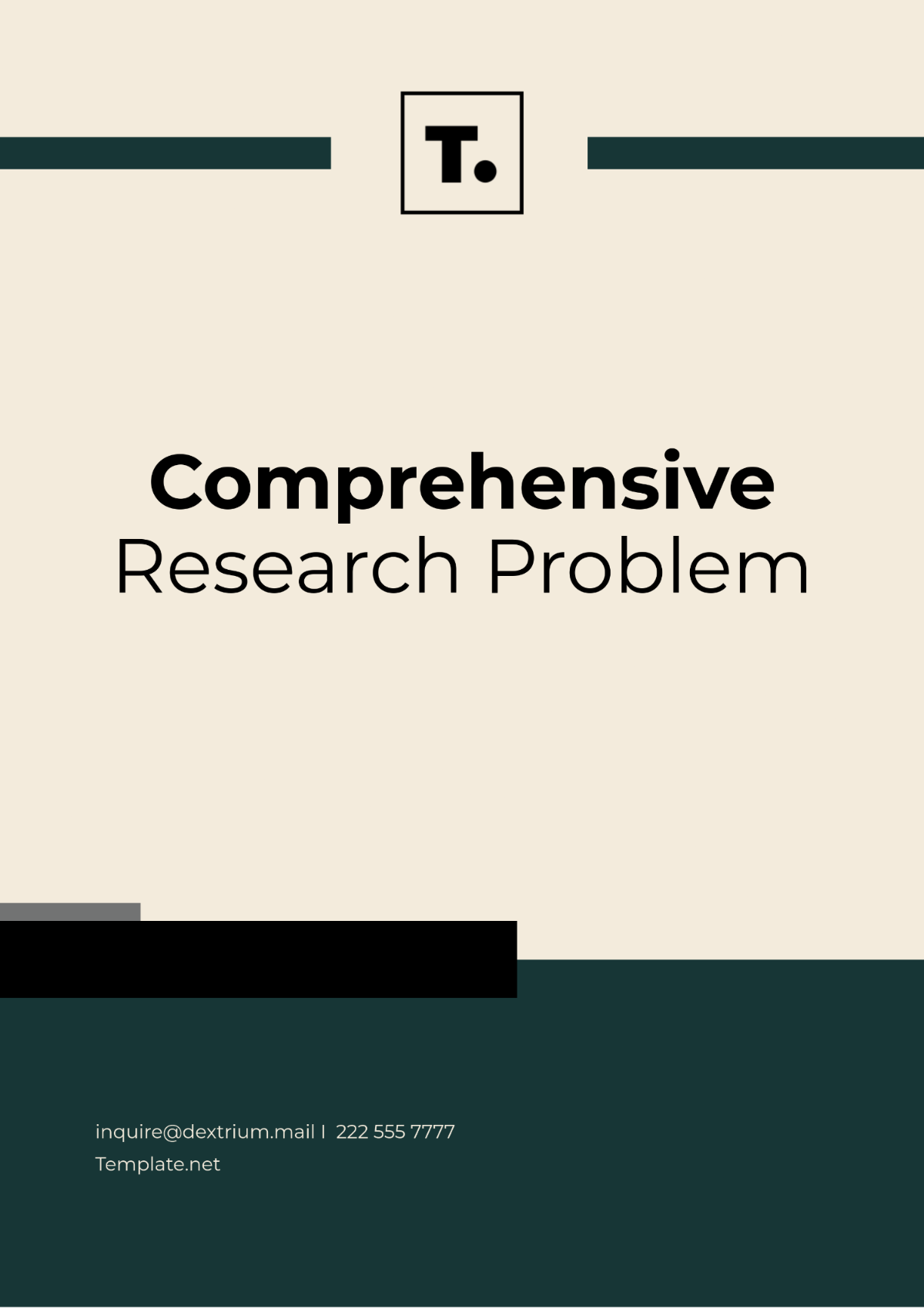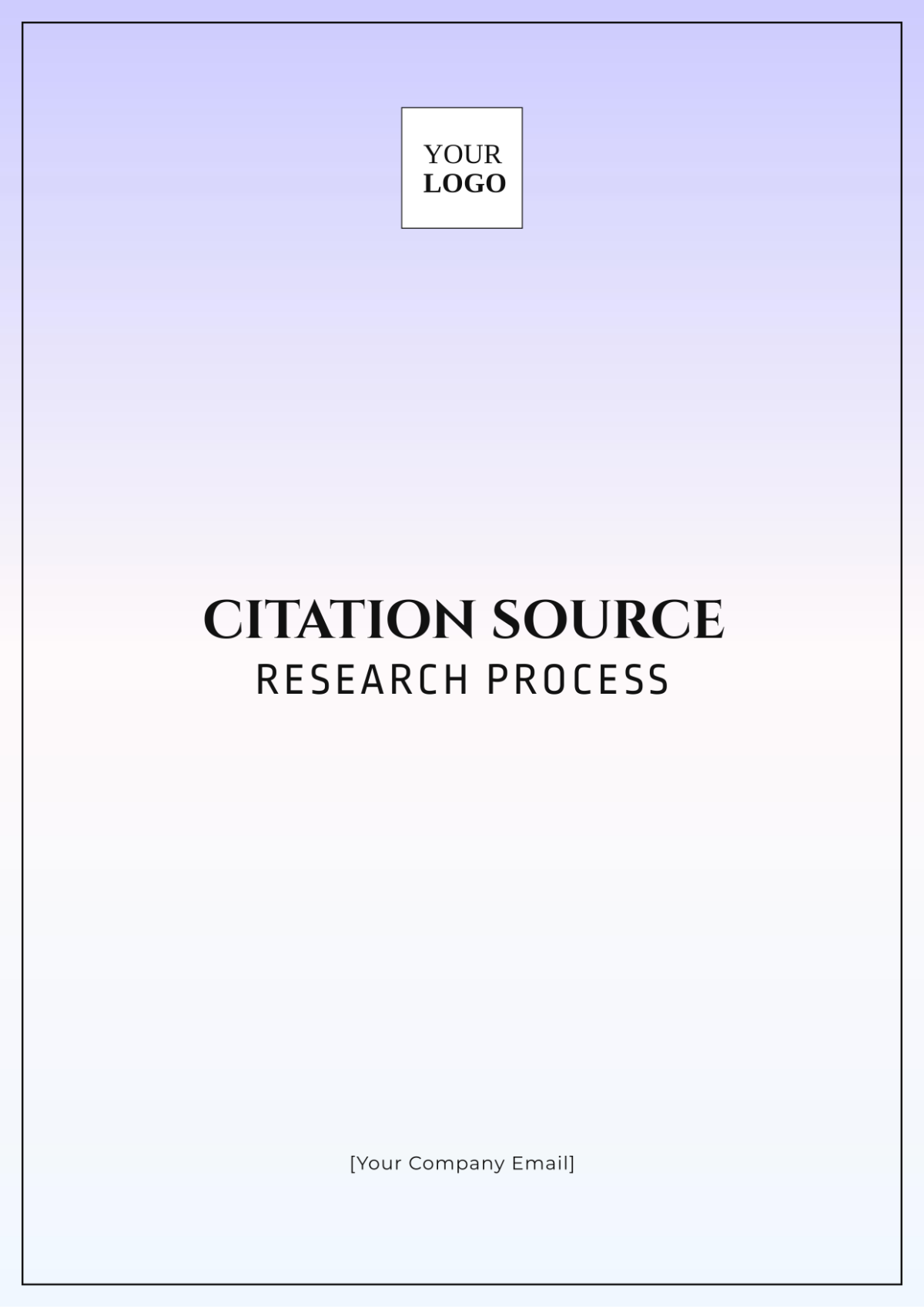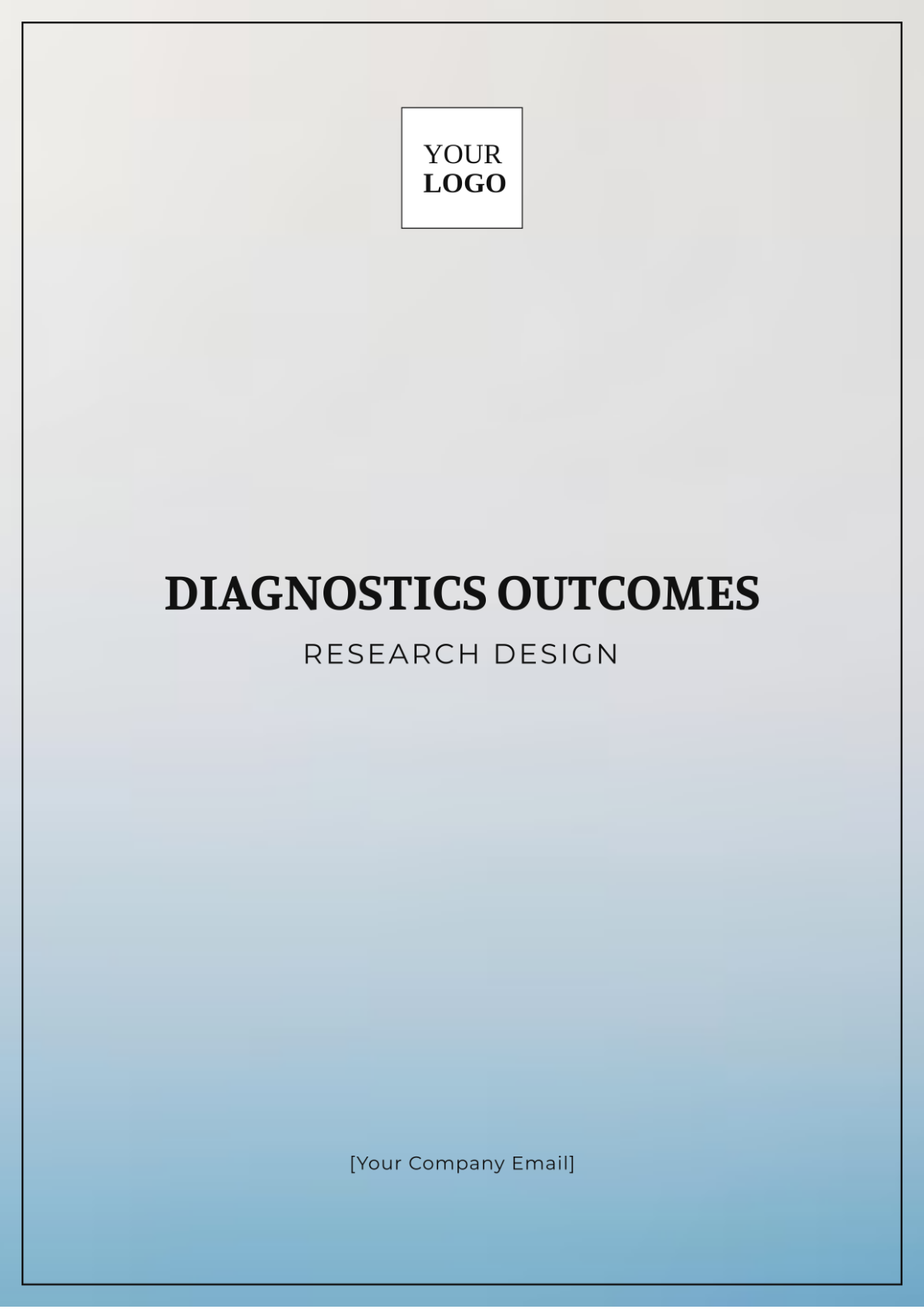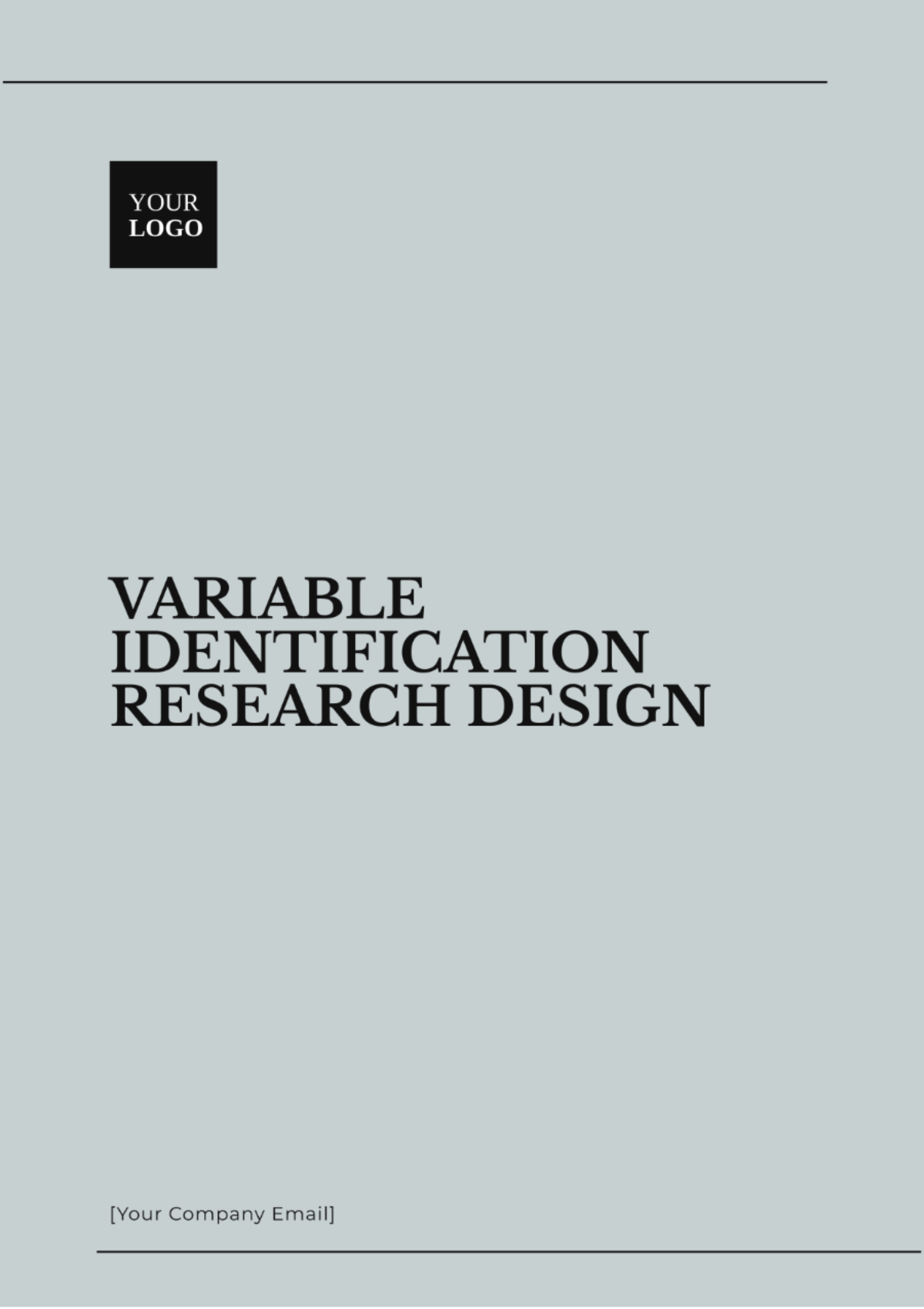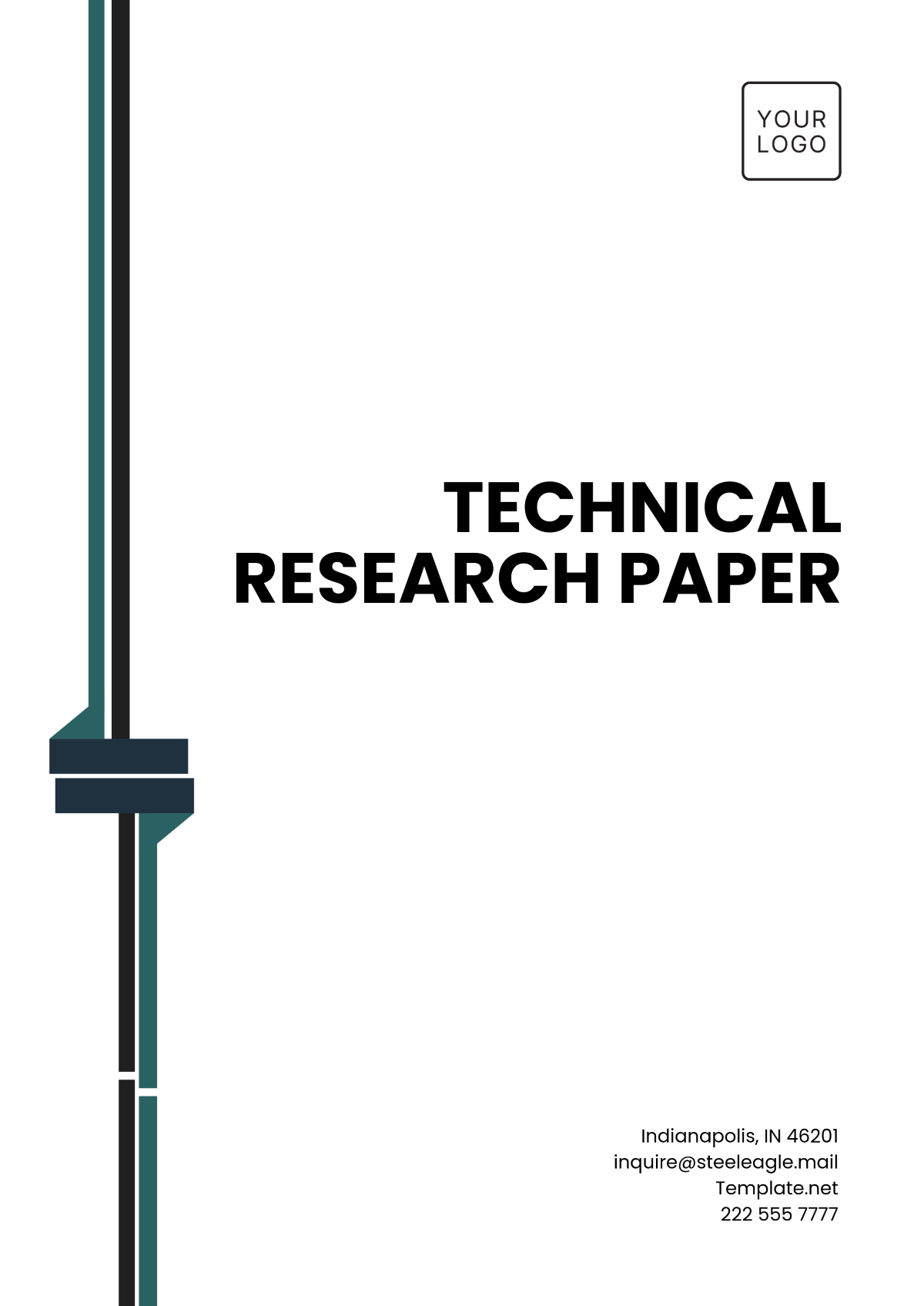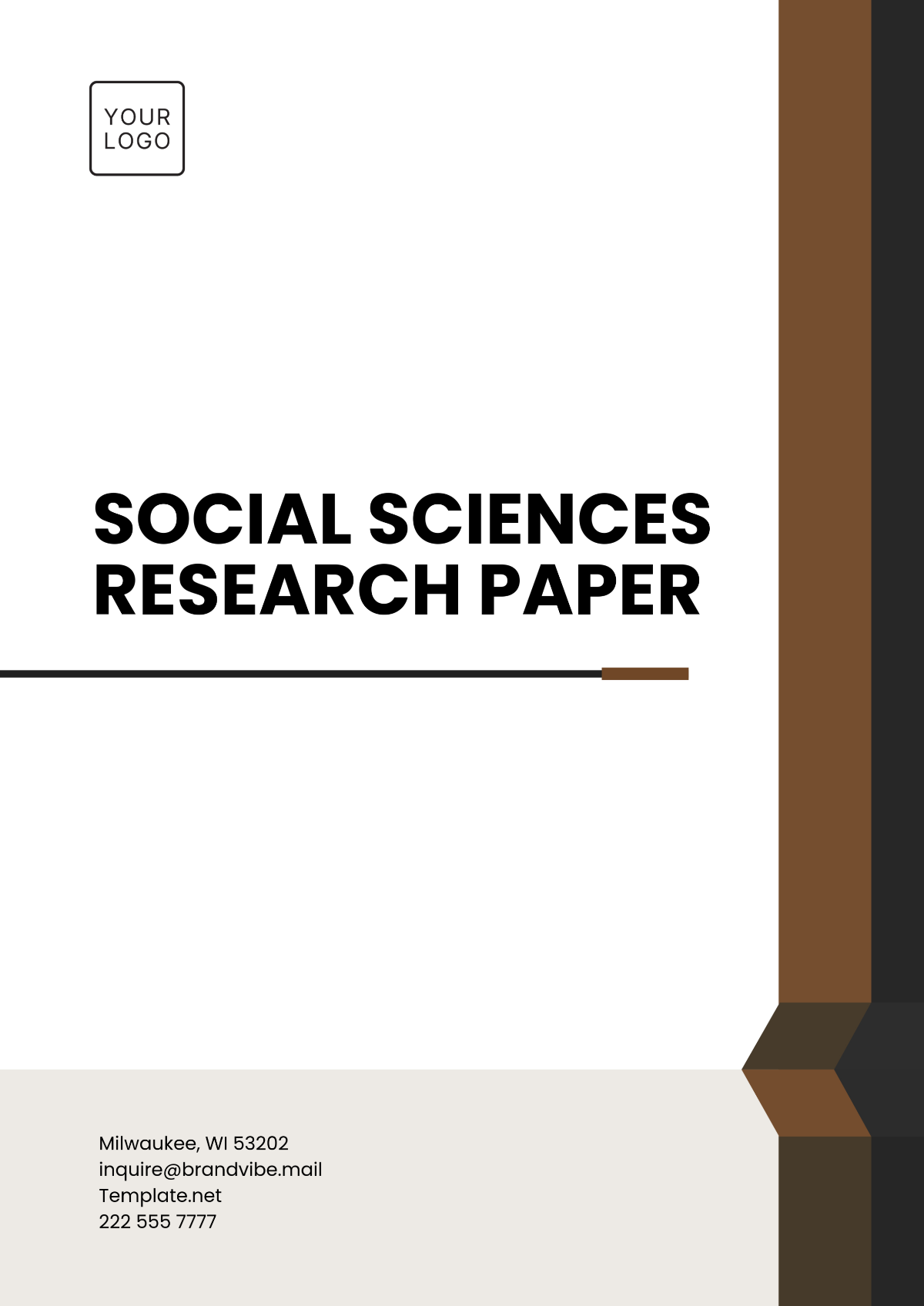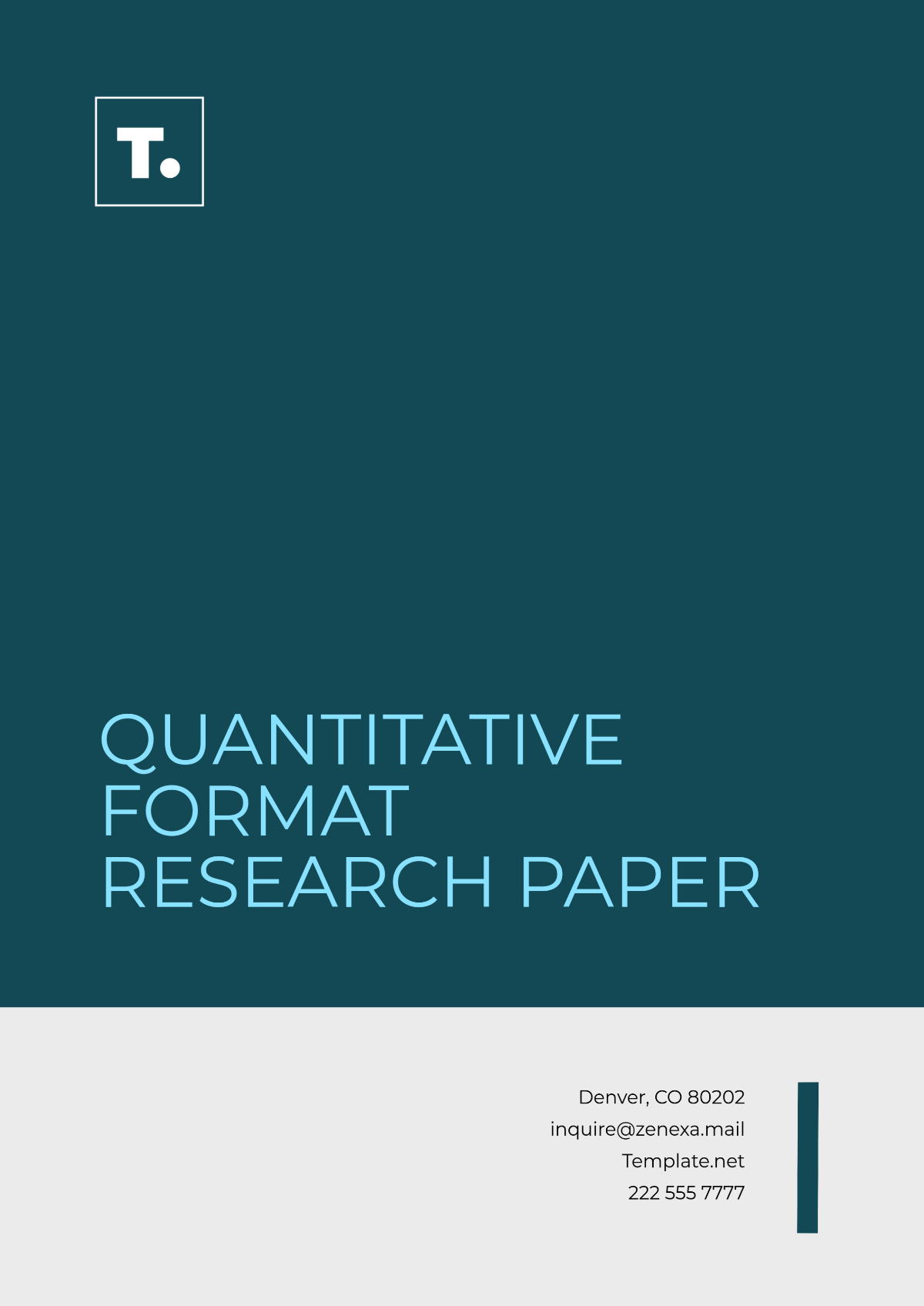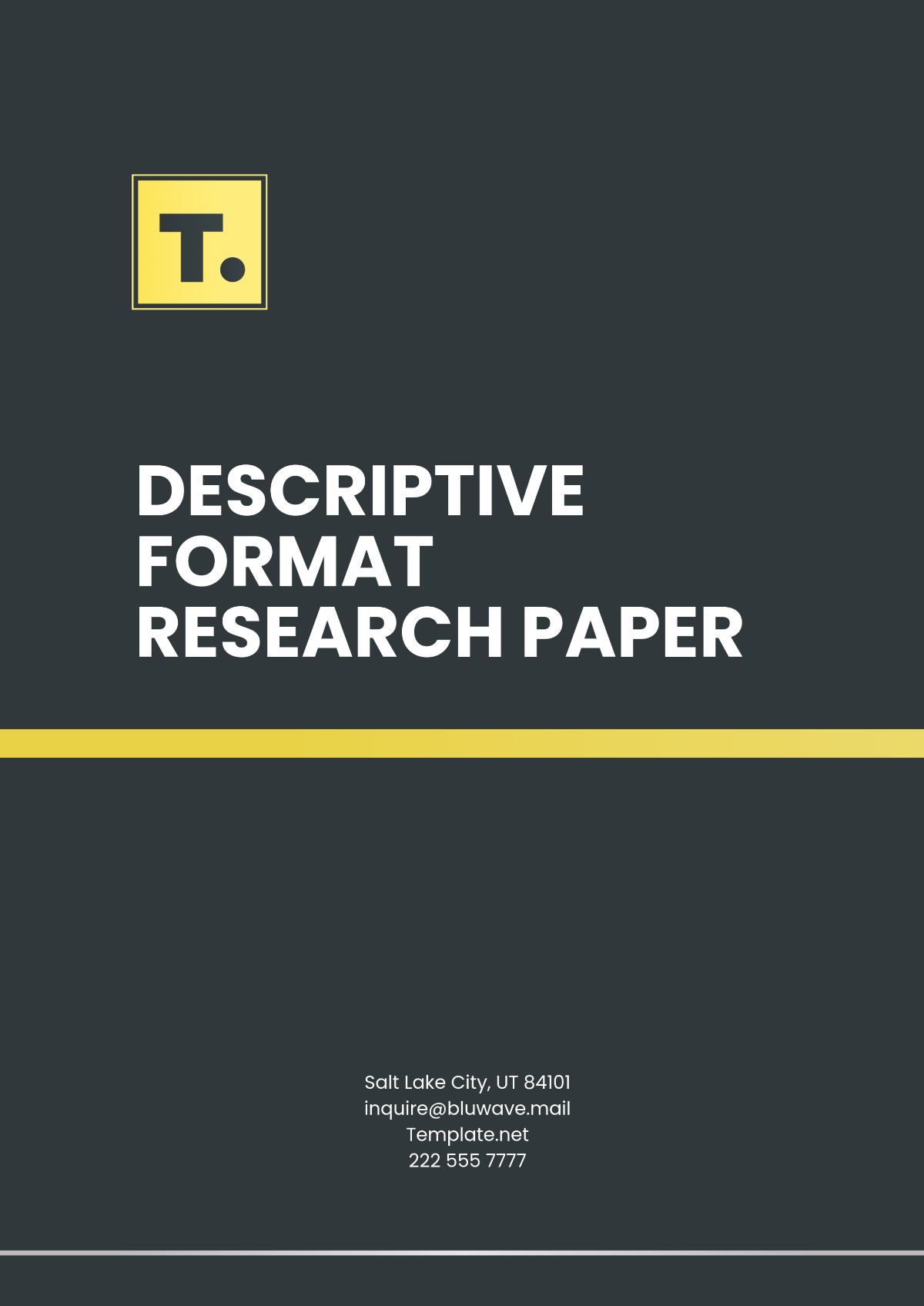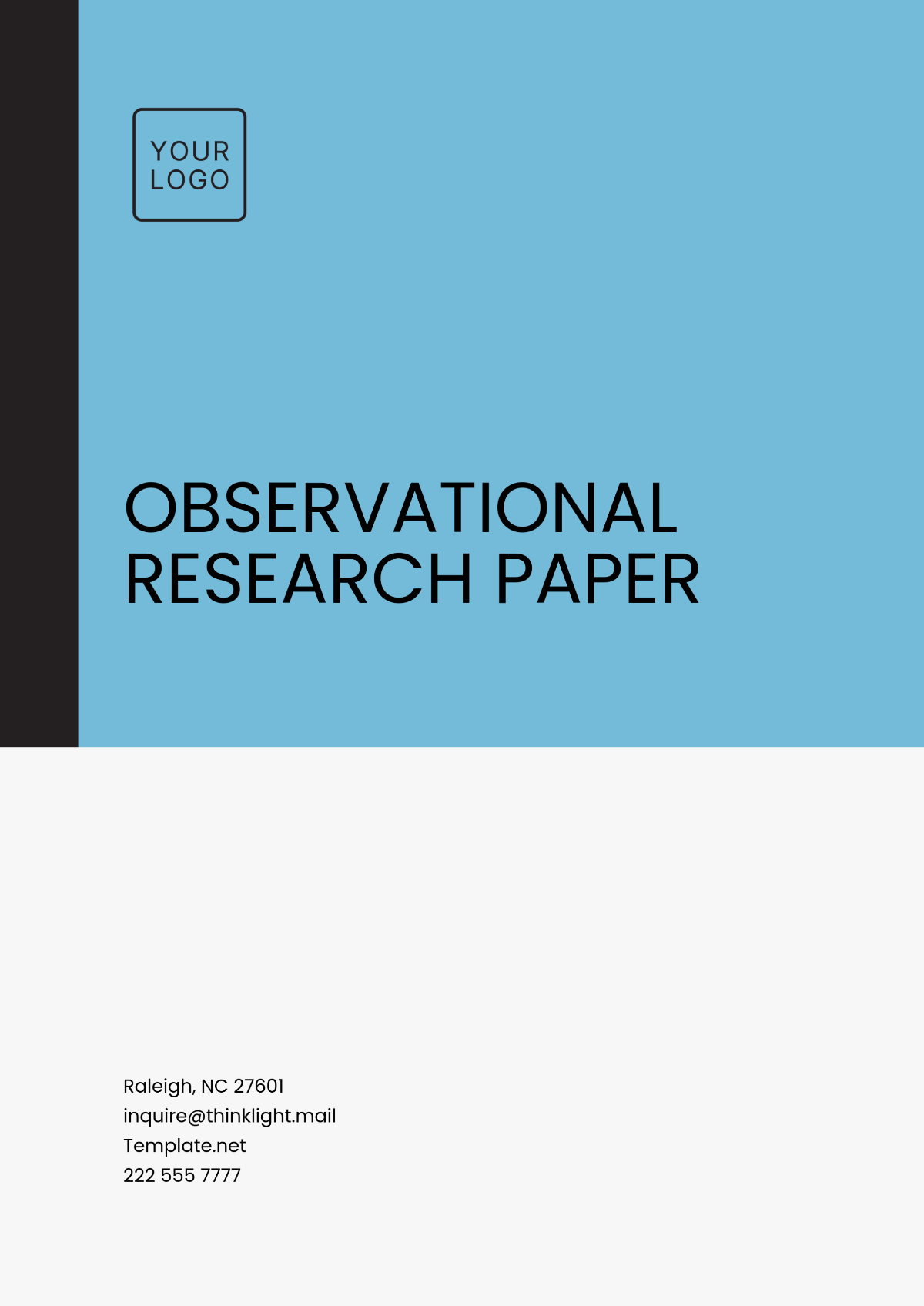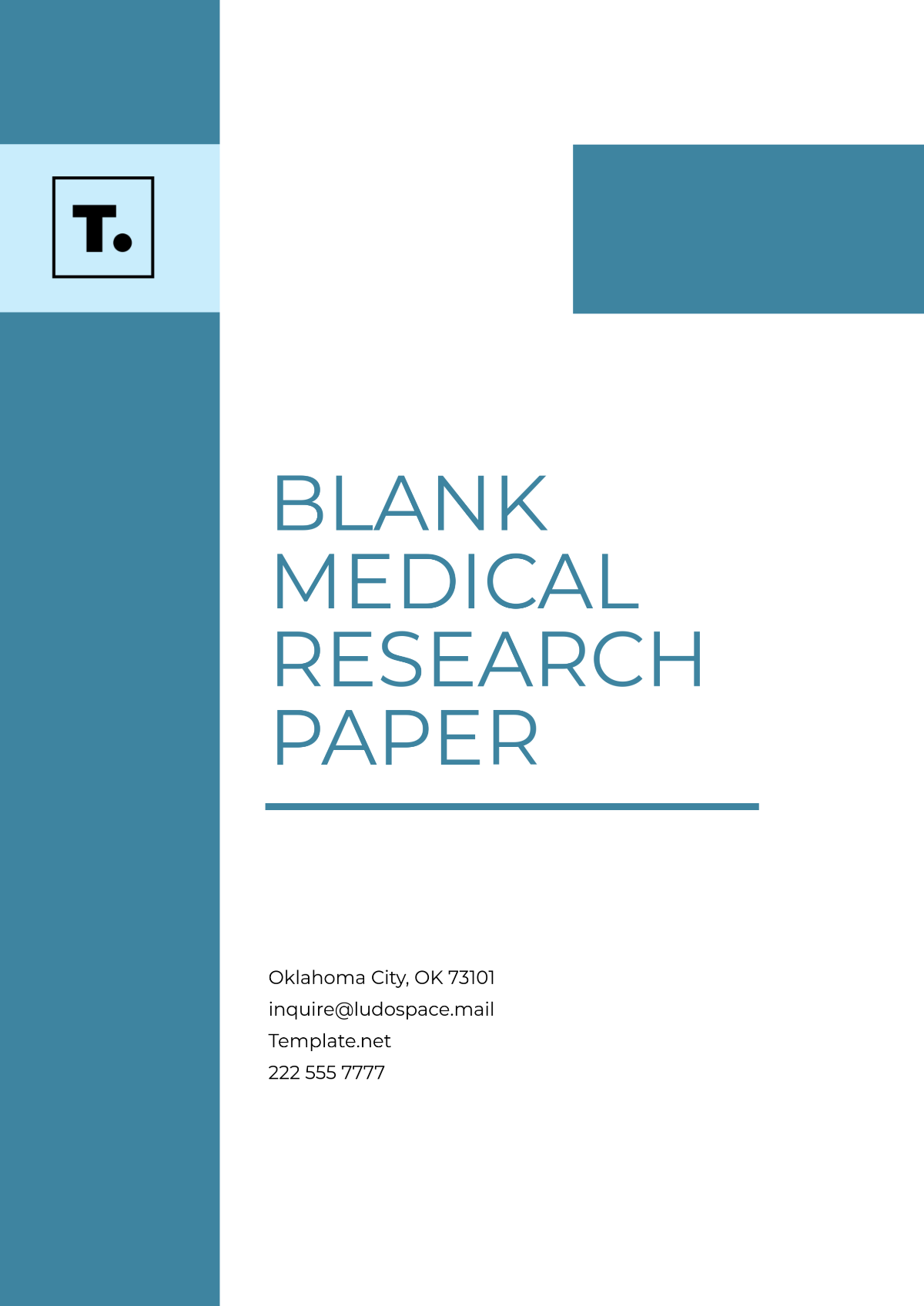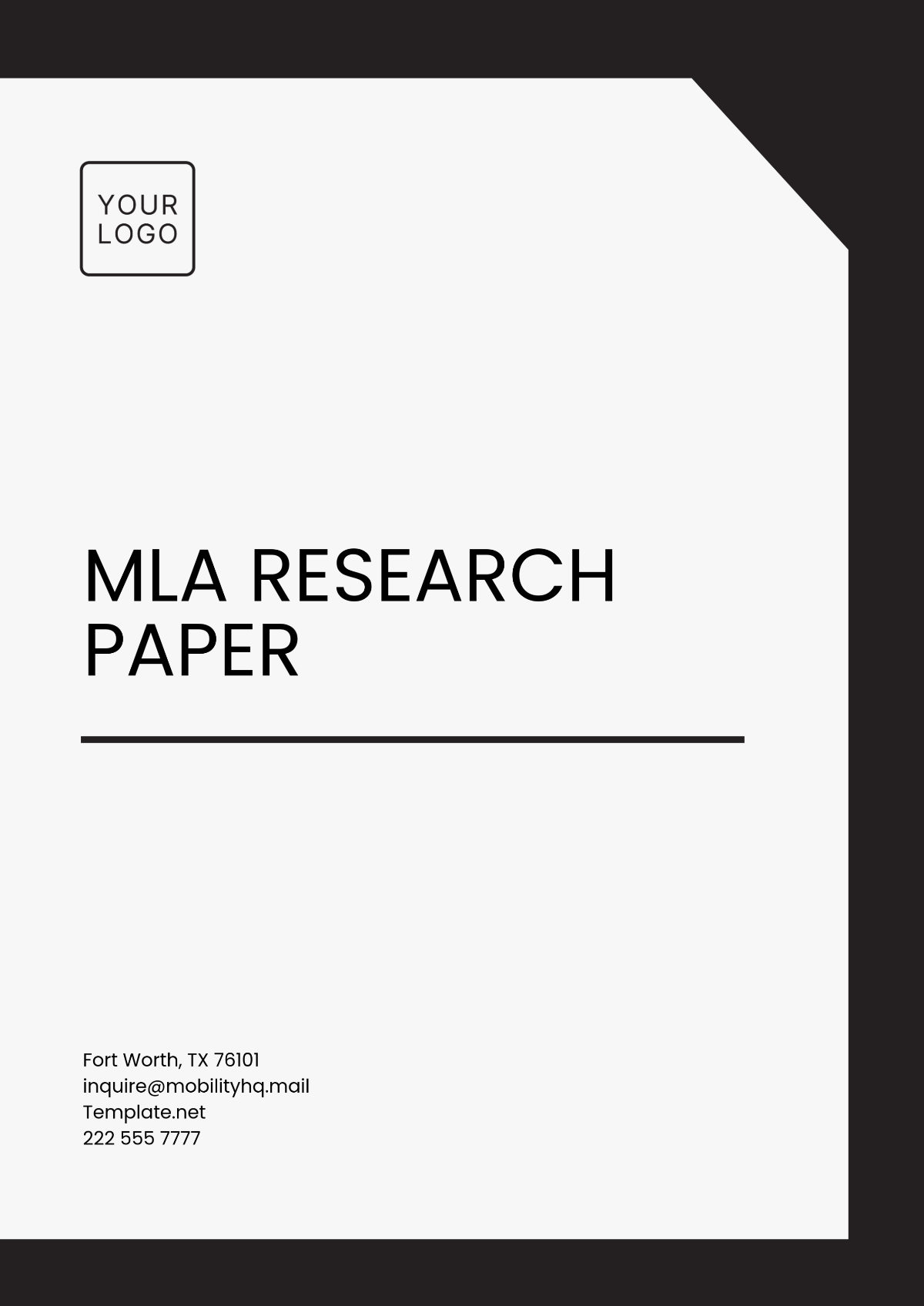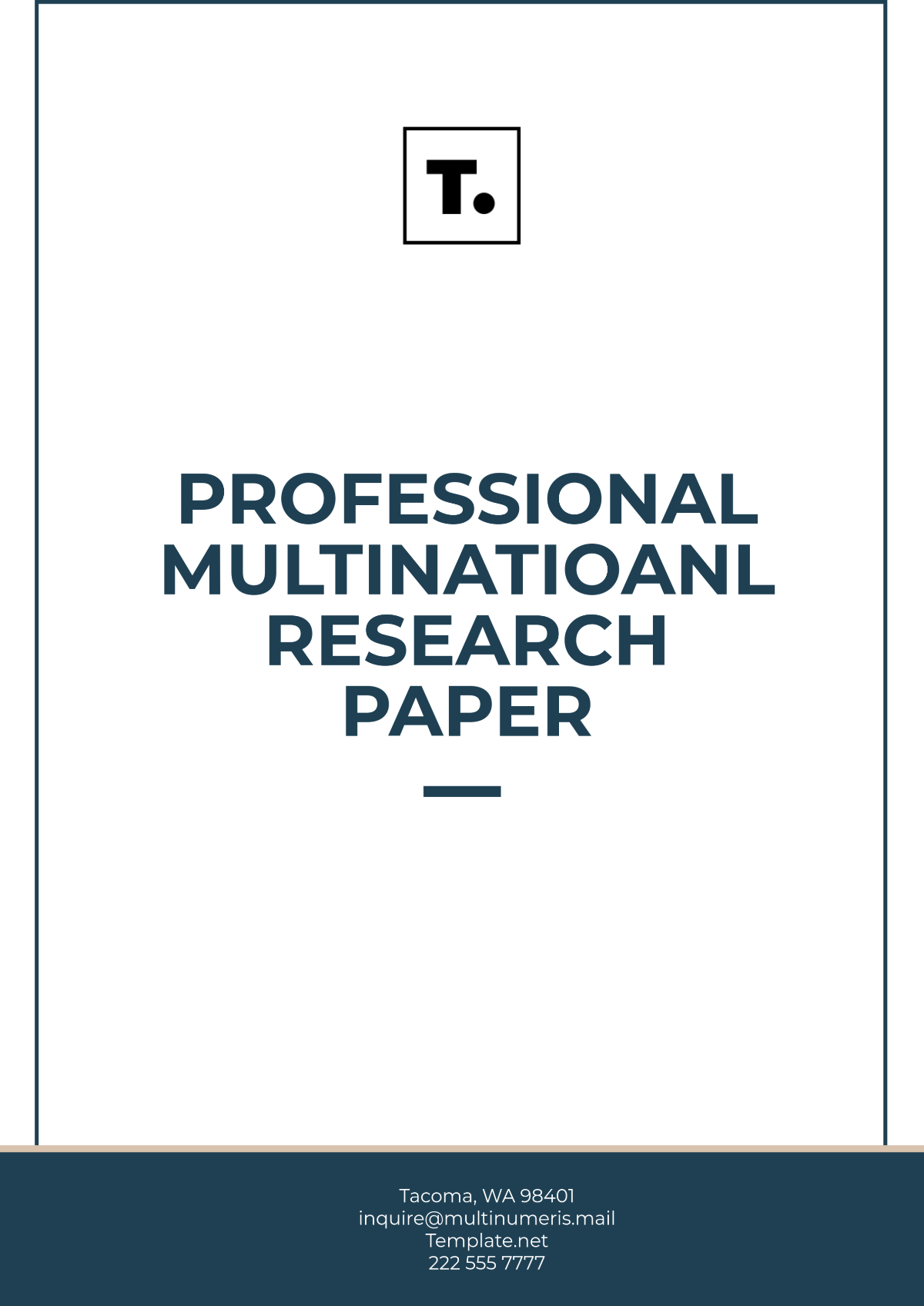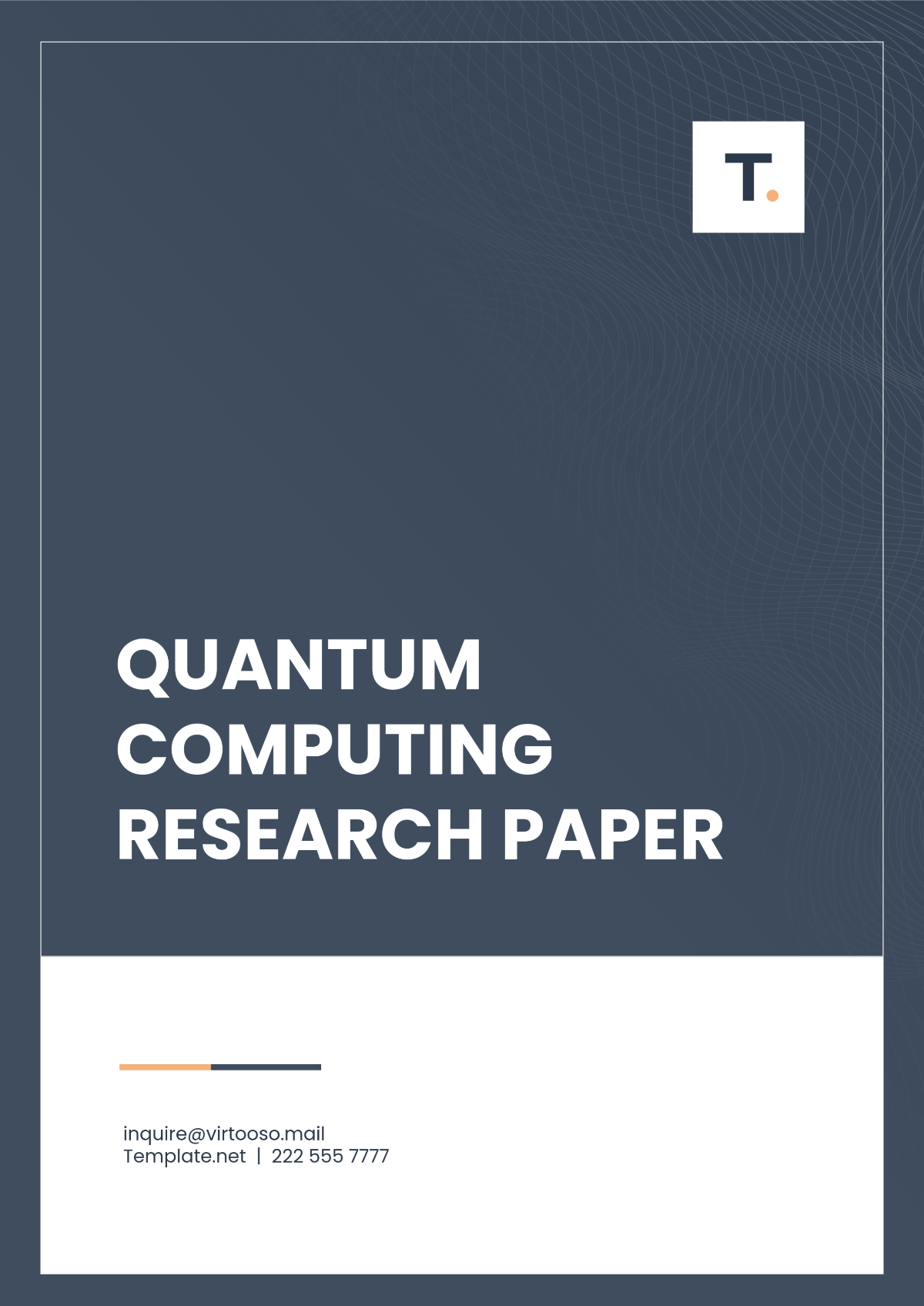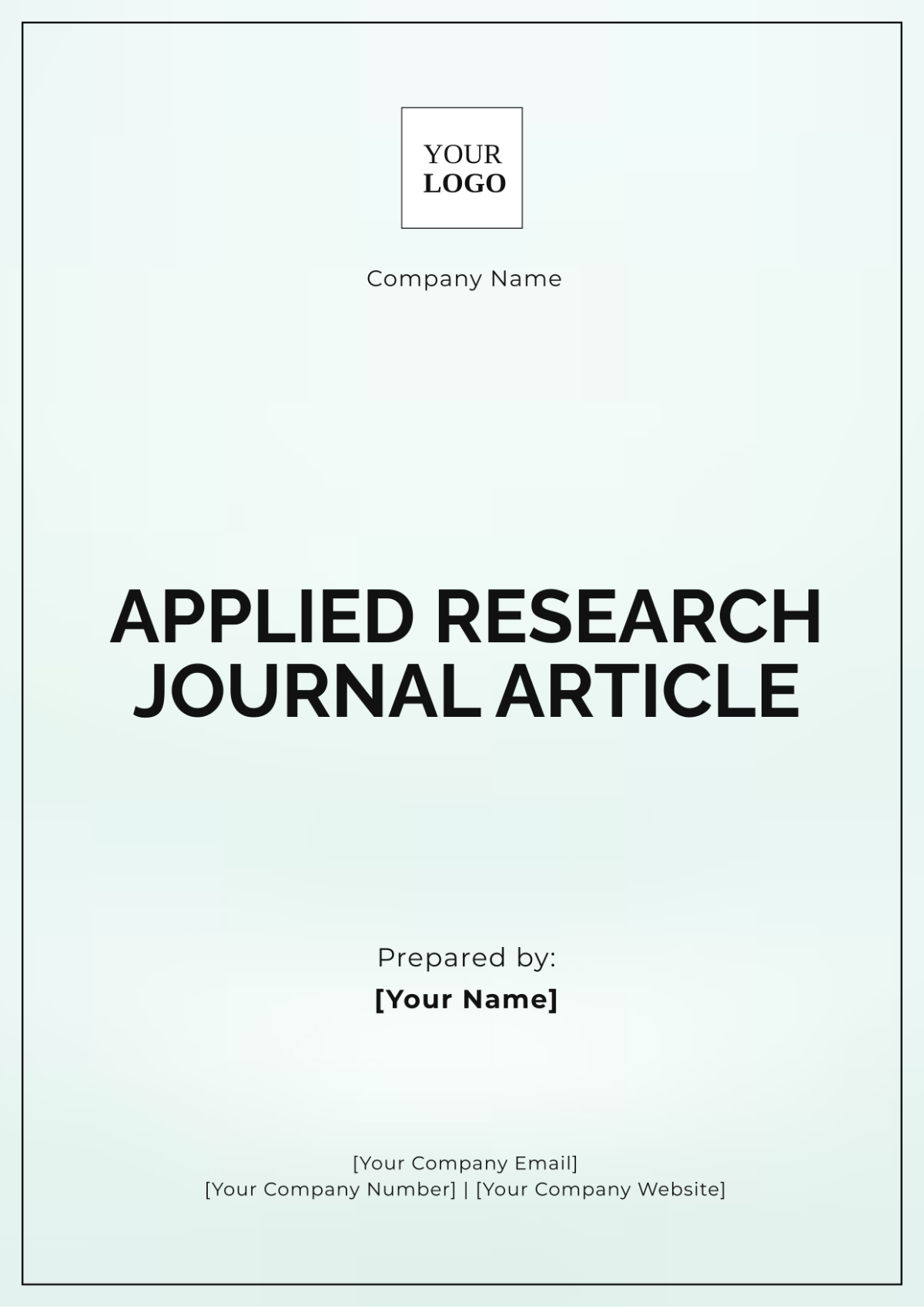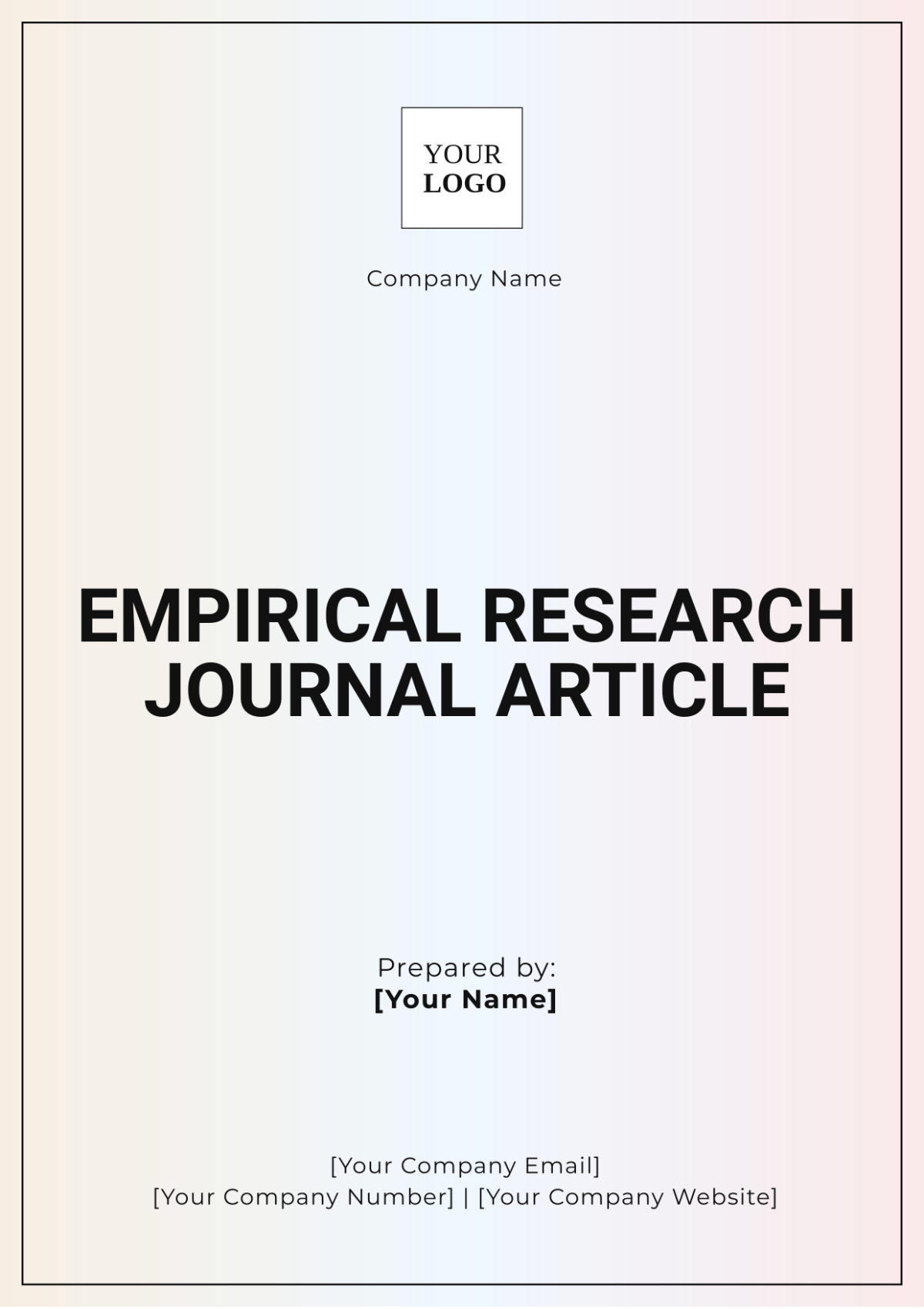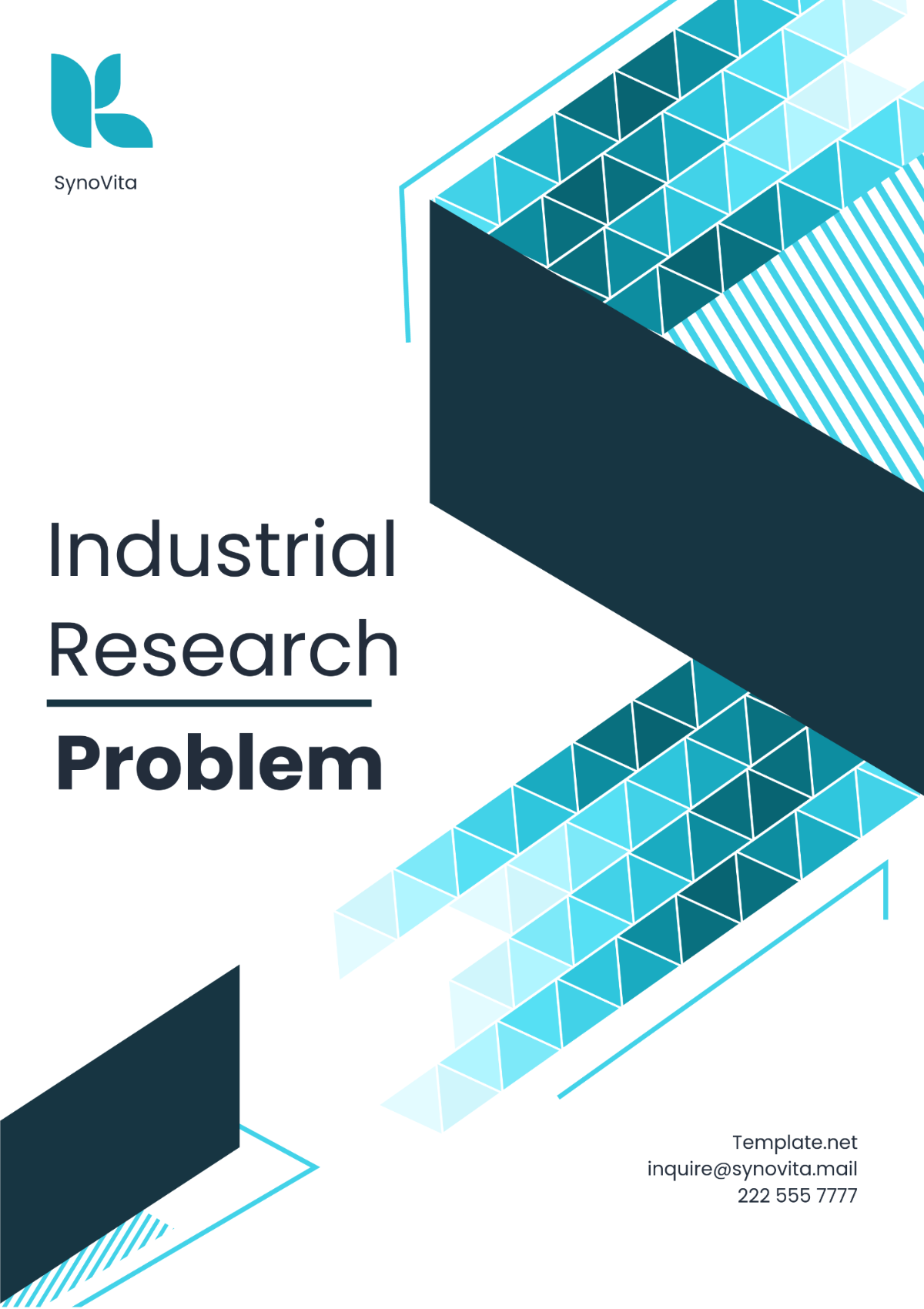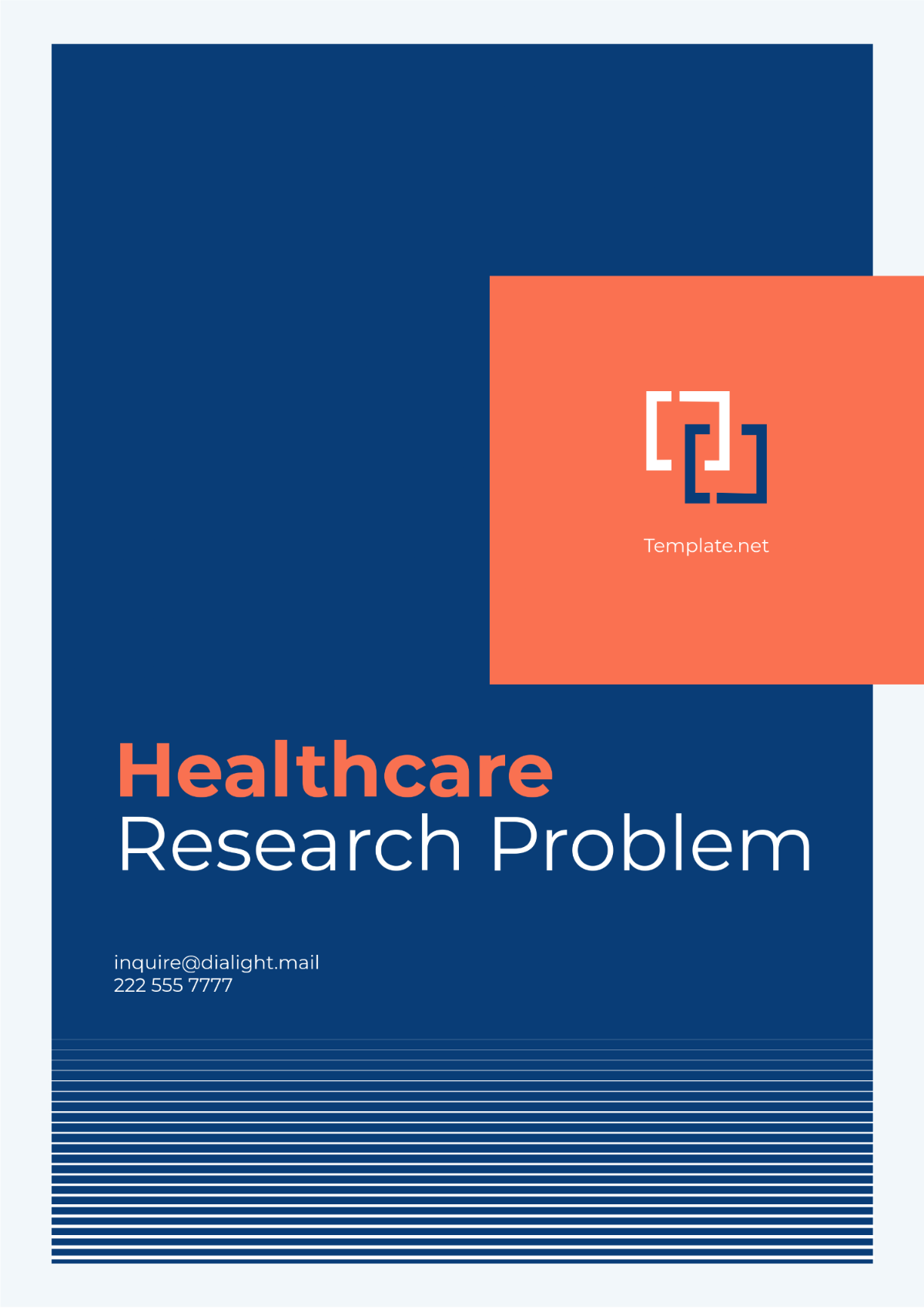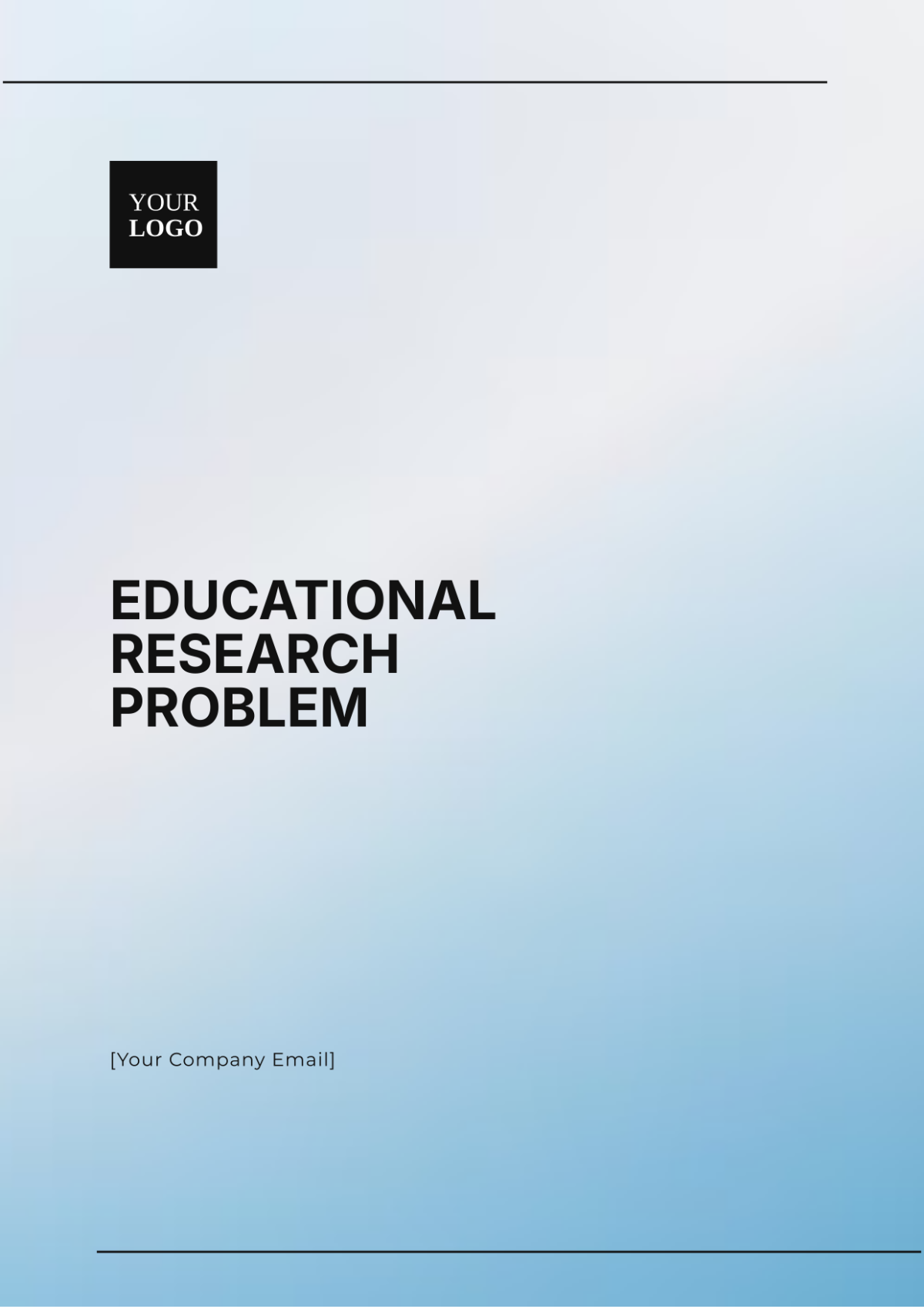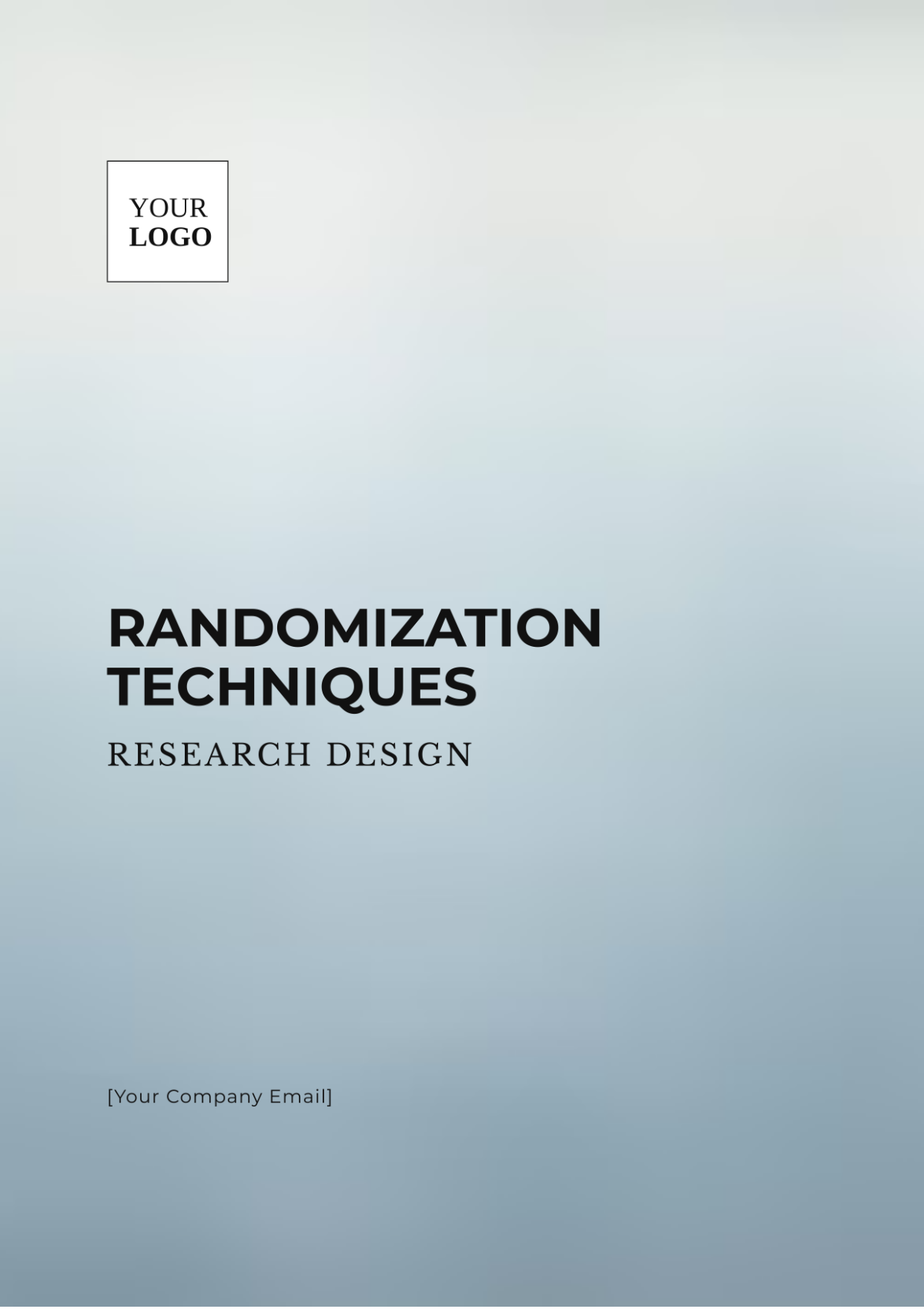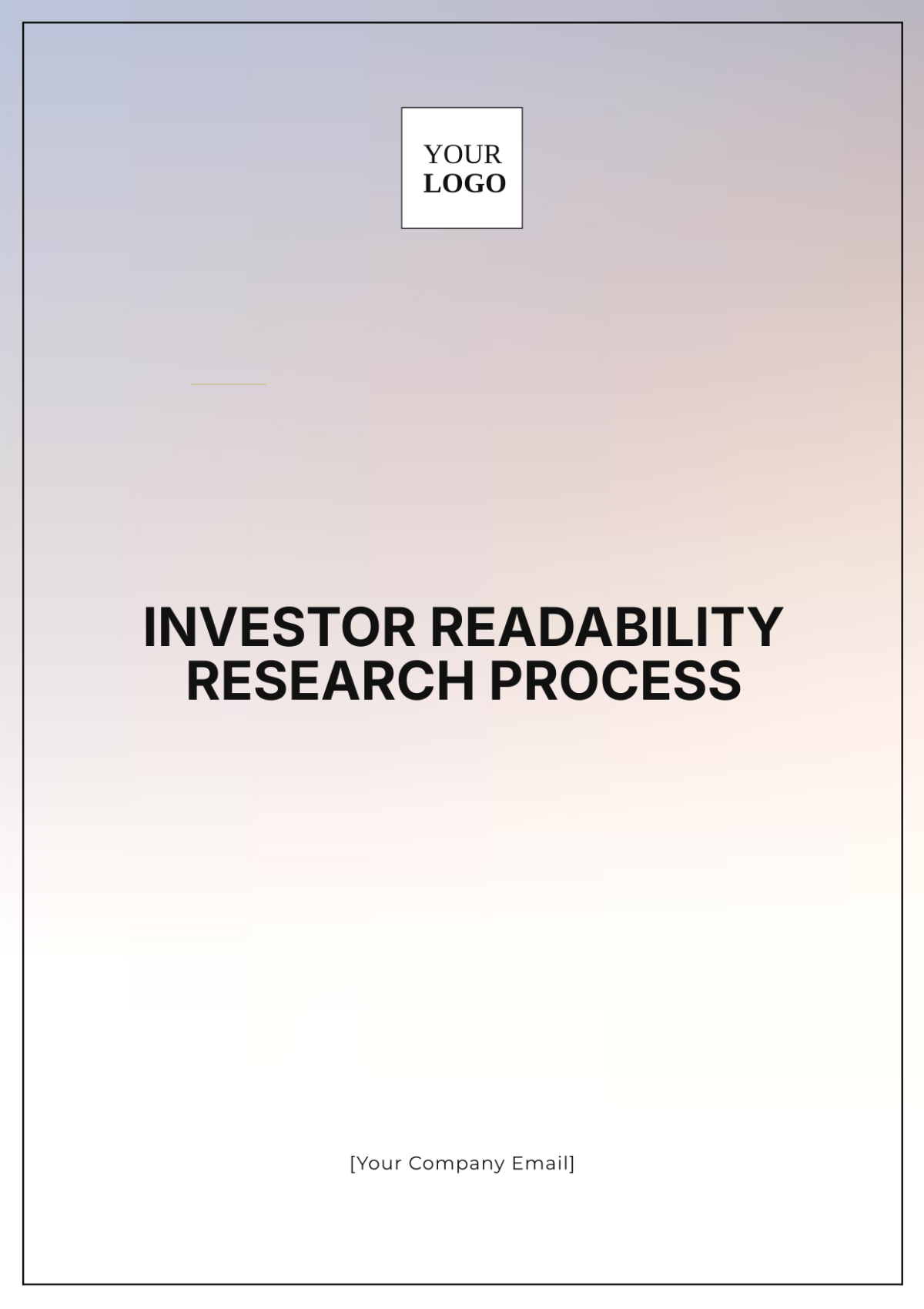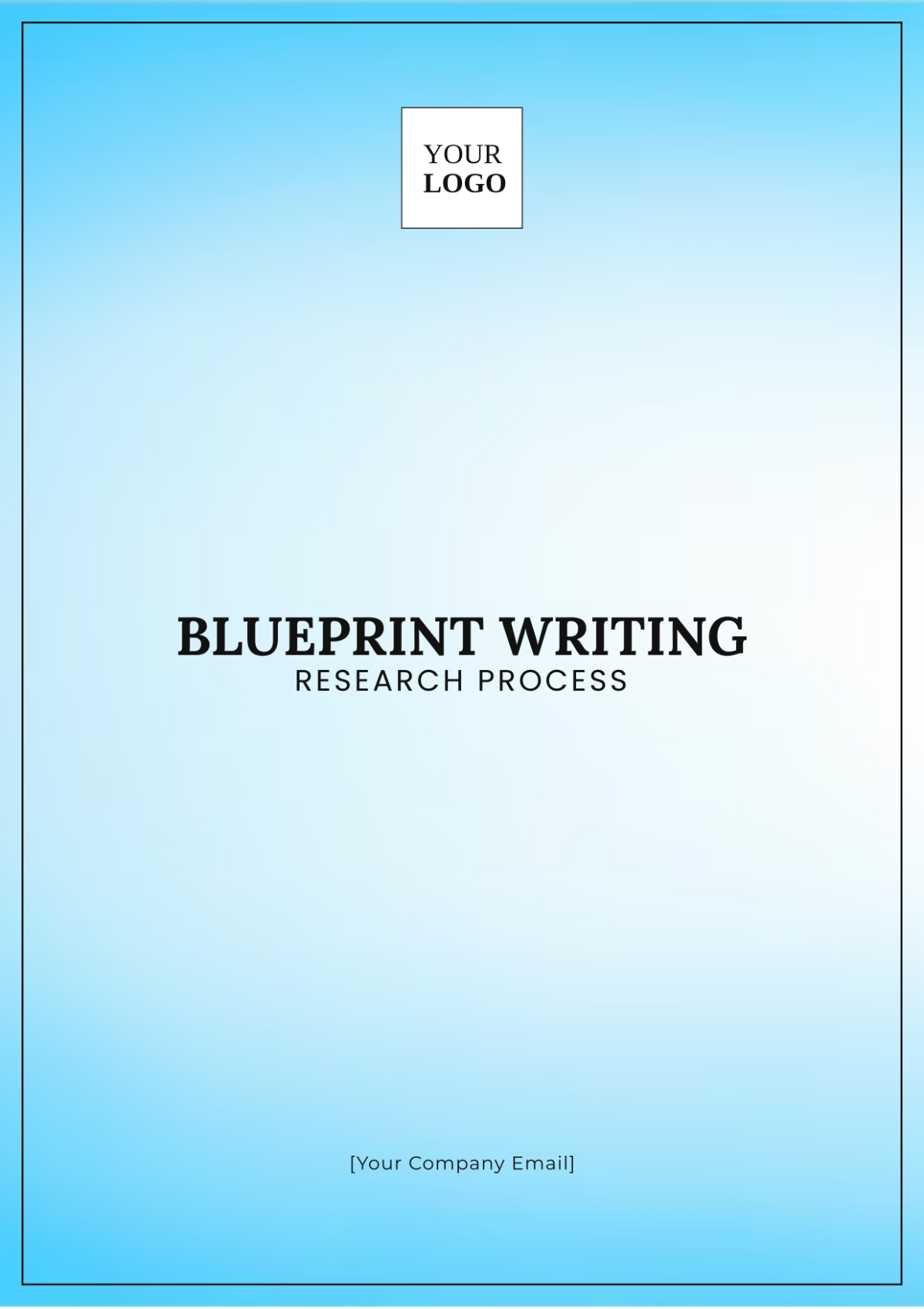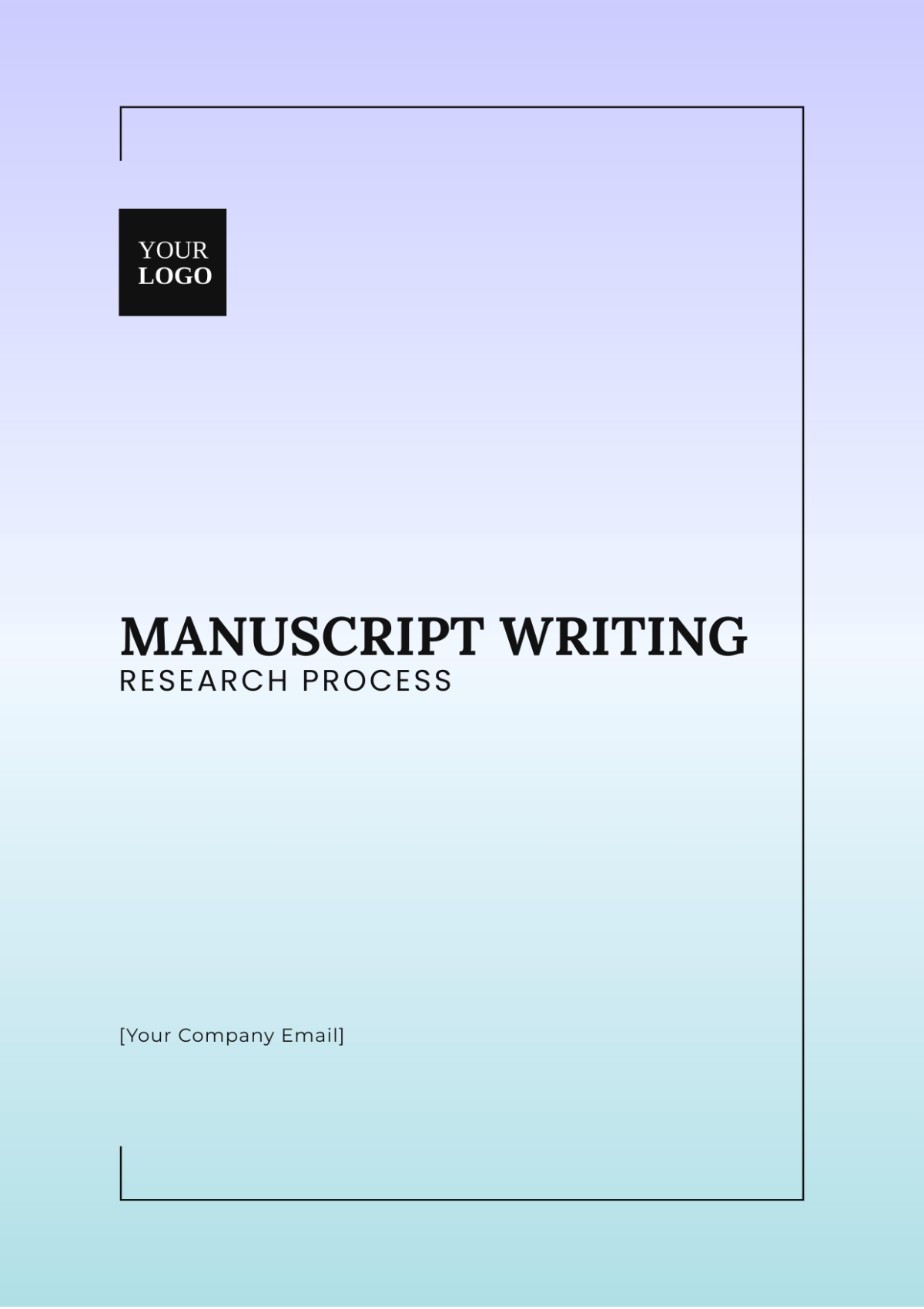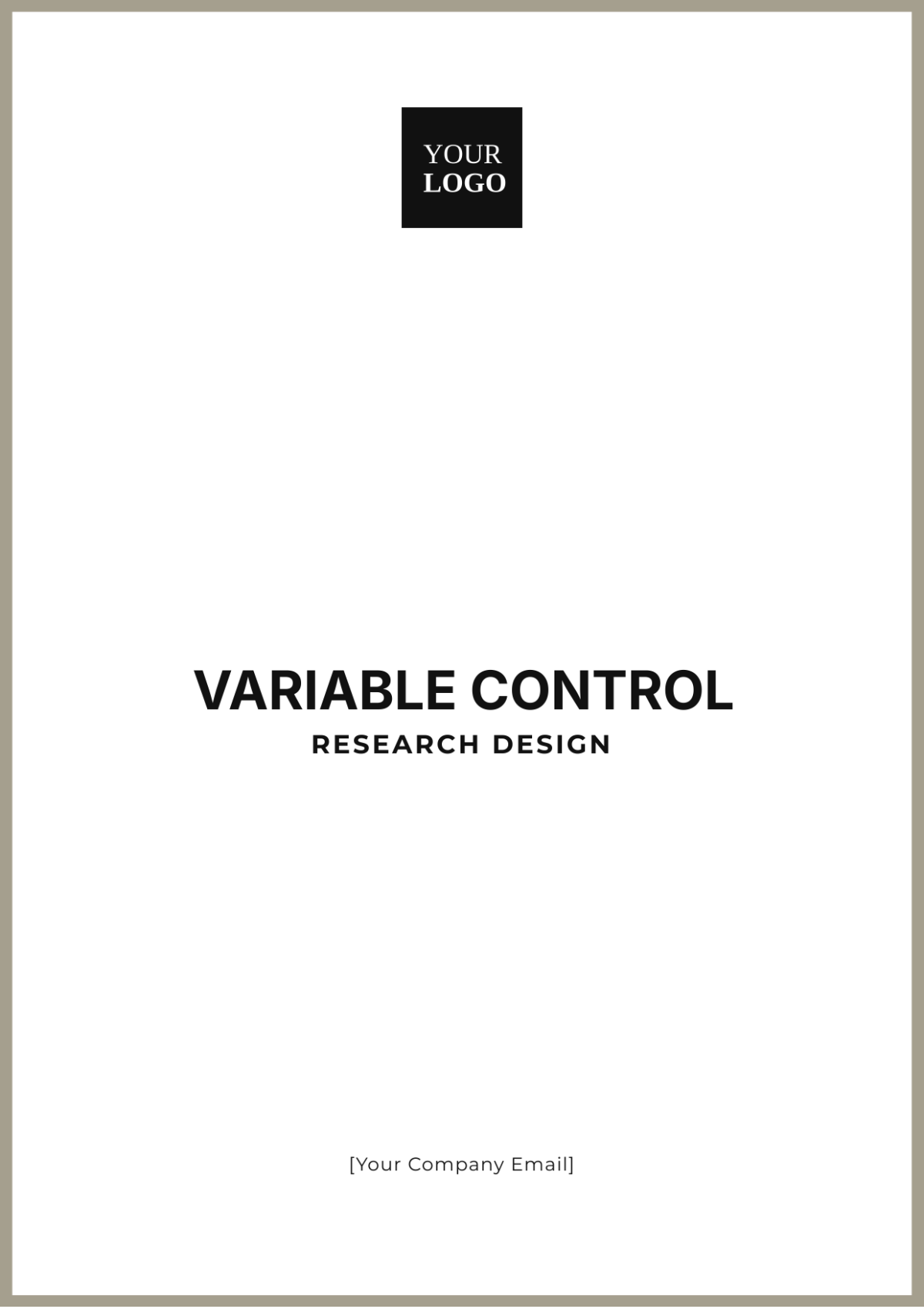Expert Judgement Research Process
Prepared By: [YOUR NAME]
Date: [DATE]
I. Introduction
This research aims to establish a comprehensive and methodical framework for utilizing expert judgment in areas like project management, risk assessment, and strategic decision-making, especially where empirical data is limited or lacking. The primary goals are to formalize the process of collecting and applying expert opinions, guarantee objective and thorough data collection, and generate dependable outcomes to inform actions and strategies.
II. Methodology
Our methodology is designed to ensure a rigorous and systematic approach to expert judgment collection and analysis:
Selection of Experts: Experts are selected based on their qualifications, experience, and relevance to the subject matter. Criteria include years of experience, academic credentials, industry recognition, and past contributions to the field.
Information Gathering Process: Information is gathered through structured interviews, surveys, and Delphi methods to ensure a comprehensive collection of insights.
Tools Used: Various tools, such as survey platforms, transcription software, and statistical analysis programs, are employed to facilitate efficient data collection and analysis.
III. Expert Profiles
The following are profiles of the experts who contributed to this research:
Name | Qualifications | Experience |
|---|---|---|
Dr. Jane Smith | Ph.D. in Risk Management, PMP | 20 years in project management and risk assessment |
John Doe | MBA, Certified Risk Management Professional (CRMP) | 15 years in strategic planning and risk management |
Dr. Emily Johnson | Ph.D. in Strategy Development | 25 years in strategic decision-making and consultancy |
IV. Data Collection and Analysis
The data collection methods included structured interviews, online surveys, and the Delphi method:
Structured Interviews: An extensive series of interviews and discussions was conducted with each expert individually to gather comprehensive and detailed insights.
Online Surveys: The survey was distributed among a group of experts to collect quantitative data on their opinions.
Delphi Method: Used to achieve The method utilized to reach a collective agreement among experts involves conducting several iterations of questionnaires over multiple rounds
Analysis techniques involved qualitative content analysis for interview data and statistical analysis for survey data using software tools like NVivo and SPSS.
V. Findings and Insights
The expert research yielded several key findings and insights. Below is an enhanced summary with added details and a table to present the findings more clearly.
A. Key Findings and Insights
Integration of Risk Management with Strategic Planning:
Finding: There is a strong consensus among experts regarding the necessity of integrating risk management into strategic planning processes.
Details: Experts emphasized that aligning risk management strategies with organizational goals improves resilience and decision-making.
Proactive Risk Identification and Mitigation:
Finding: Experts recommend adopting a proactive approach to risk identification and mitigation.
Details: Early detection and preemptive actions are vital for minimizing potential impacts on projects and operations.
Continuous Learning and Adaptation:
Finding: There is a need for ongoing learning and adaptation to address emerging risks.
Details: Experts highlighted that staying updated with new risks and continuously adapting risk management practices are crucial for maintaining effectiveness.
Summary Table of Findings
Finding | Details | Expert Consensus |
|---|---|---|
Integration of Risk Management with Strategic Planning | Aligning risk management with strategic goals enhances decision-making and organizational resilience. | 90% |
Proactive Risk Identification and Mitigation | Early detection and preemptive actions are essential to minimize risks and impacts. | 85% |
Continuous Learning and Adaptation | Regular updates and adaptation of practices are necessary to manage emerging risks effectively. | 80% |
B. Additional Insights
Risk Management Integration: 90% of experts agreed that integrating risk management with strategic planning leads to better alignment of risk strategies with business objectives.
Proactive Approach: 85% of experts advocate for a proactive stance, stressing that early risk identification helps in reducing potential disruptions.
Ongoing Learning: 80% of experts emphasized the importance of continuous learning to keep pace with evolving risks and maintain robust risk management practices.
VI. Recommendations
Based on the key findings and insights gathered from the expert analysis, the following actionable recommendations are proposed:
Develop a Comprehensive Risk Management Framework
Action: Create a formal risk management framework that integrates seamlessly with strategic planning processes.
Details: The framework should include risk identification, assessment, and mitigation methods, aligning with organizational goals. Schedule regular updates to include new risks and lessons learned.
Implement Proactive Risk Management Practices
Action: Adopt proactive risk management strategies that focus on early detection and mitigation.
Details: Invest in advanced risk monitoring tools, establish frequent review protocols, and conduct scenario planning to preempt project impacts.
Promote Continuous Learning and Adaptation
Action: Foster a culture of continuous learning and adaptation within the organization.
Details: Create and deploy training on emerging risks and new risk management techniques. Promote knowledge sharing and regular updates to keep practices effective and relevant.
Enhance Expert Collaboration and Knowledge Sharing
Action: Strengthen collaboration among experts and stakeholders involved in risk management.
Details: Hold regular expert meetings and workshops to share insights, address challenges, and update on developments, enhancing risk management and decision-making.
Establish Metrics and Evaluation Criteria
Action: Define metrics and evaluation criteria to assess the effectiveness of risk management practices.
Details: Implement key performance indicators (KPIs) and regular performance reviews to measure the impact of risk management efforts. Use these metrics to continuously refine and enhance risk management processes.
By implementing these recommendations, organizations can strengthen their risk management capabilities, enhance strategic planning, and better navigate the complexities and uncertainties of their operational environments.
VII. Conclusion
This research presents a detailed method for utilizing expert opinions in risk management and strategic planning, showing that incorporating expert insights, adopting proactive practices, and encouraging continuous learning can help organizations manage uncertainties and enhance decision-making. Improved collaboration among experts and the creation of strong evaluation metrics ensure that risk management stays flexible and responsive to new challenges, ultimately boosting organizational resilience, aligning risk management with strategic objectives, and enabling better decision-making in complex situations.
VIII. References
Brown, A. (2050). Risk Management in Project Environments. New York, NY: Professional Publications.
Lee, M. (2058). Strategic Planning and Risk Management. London, UK: Business Books.
Patel, R. (2059). Advanced Strategies in Risk Mitigation. Chicago, IL: Strategic Insights Publishers.
